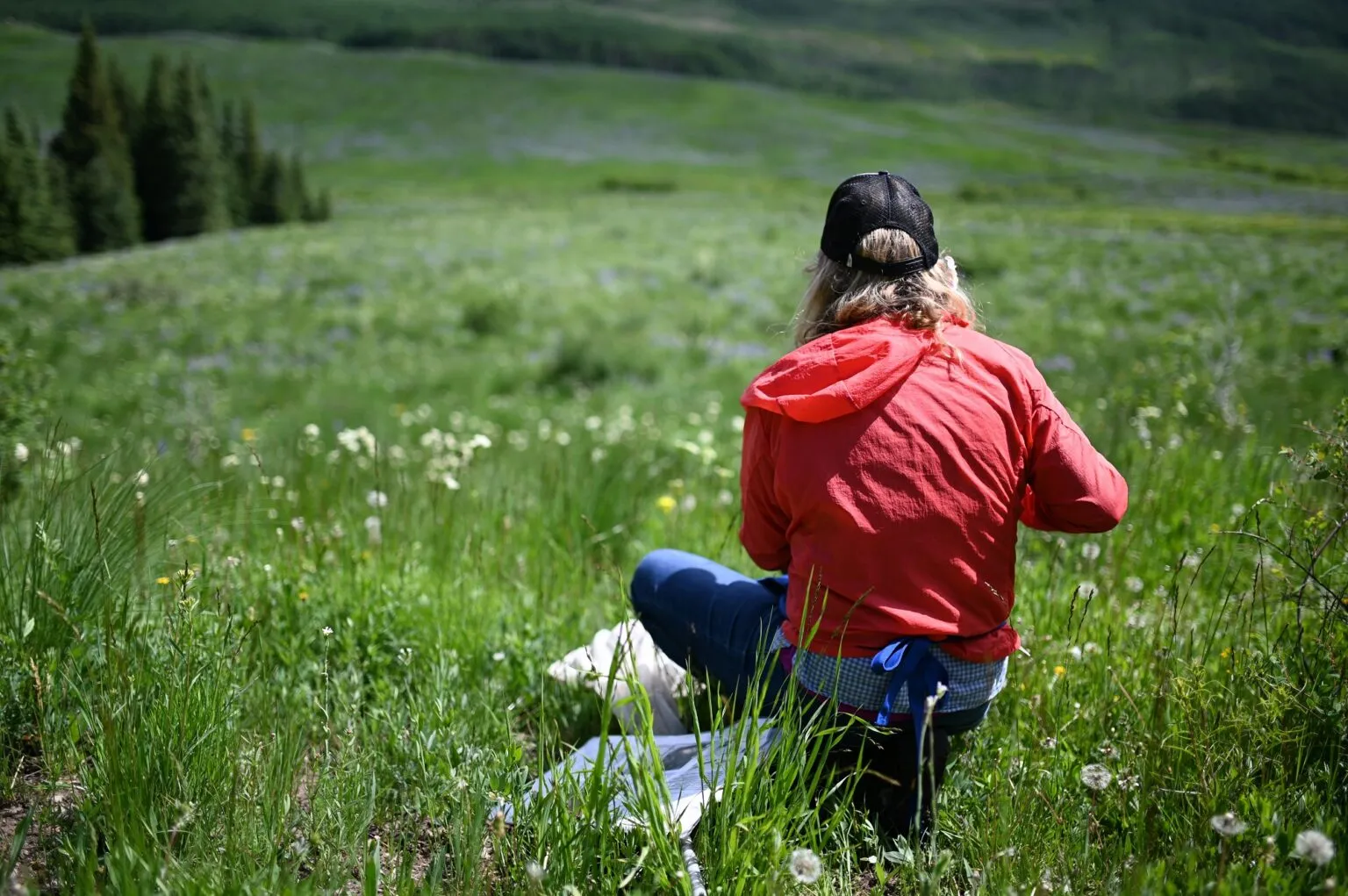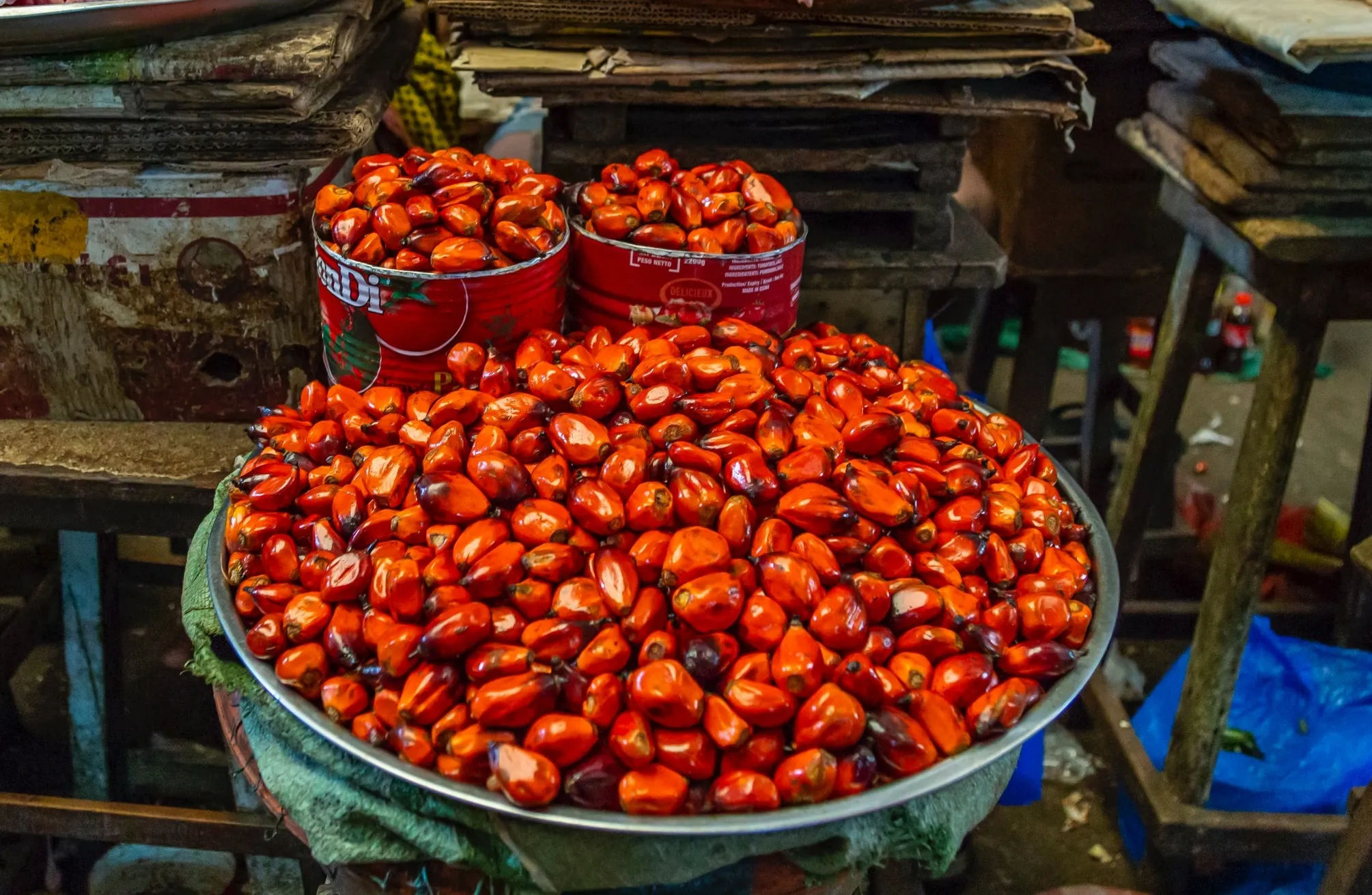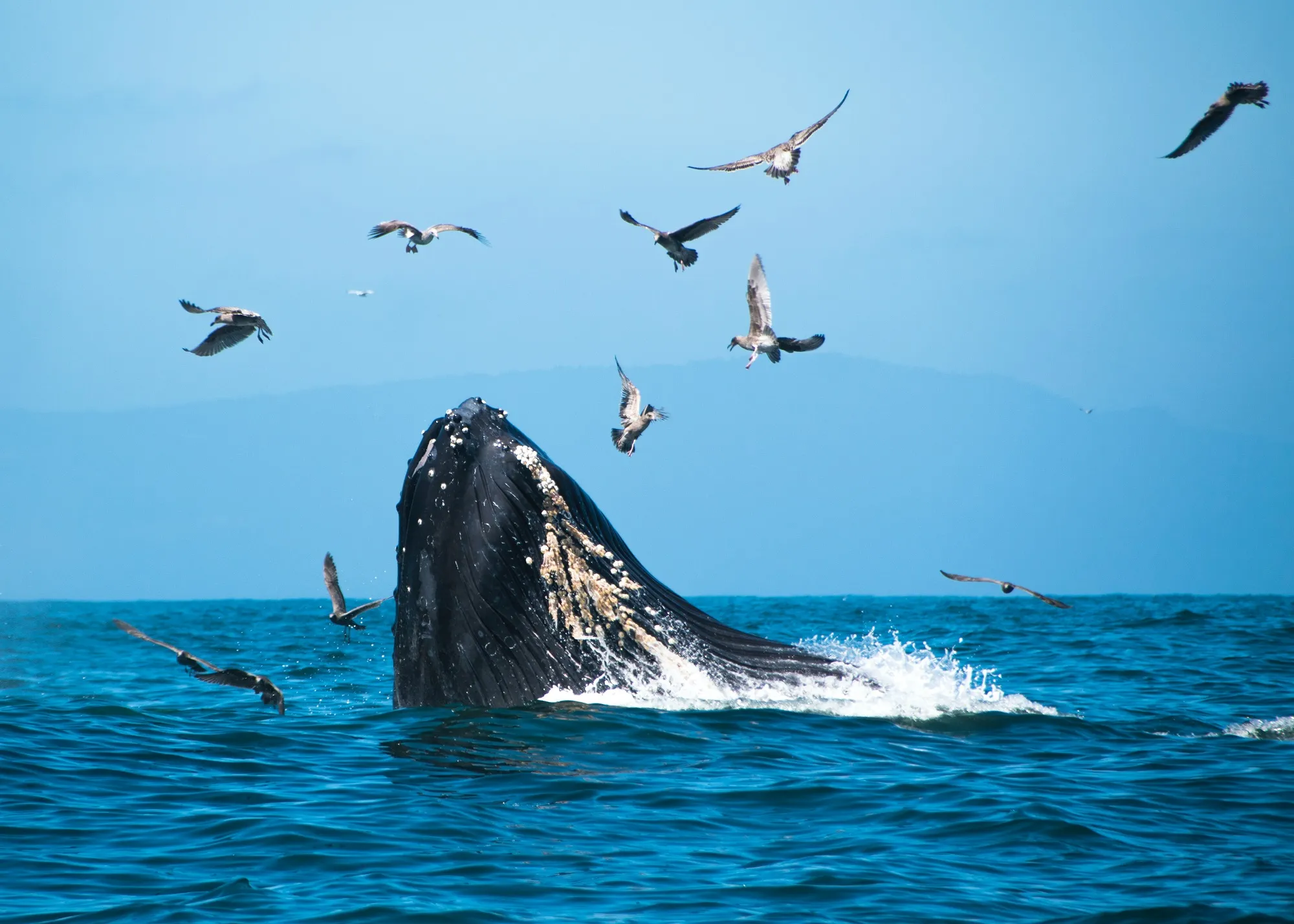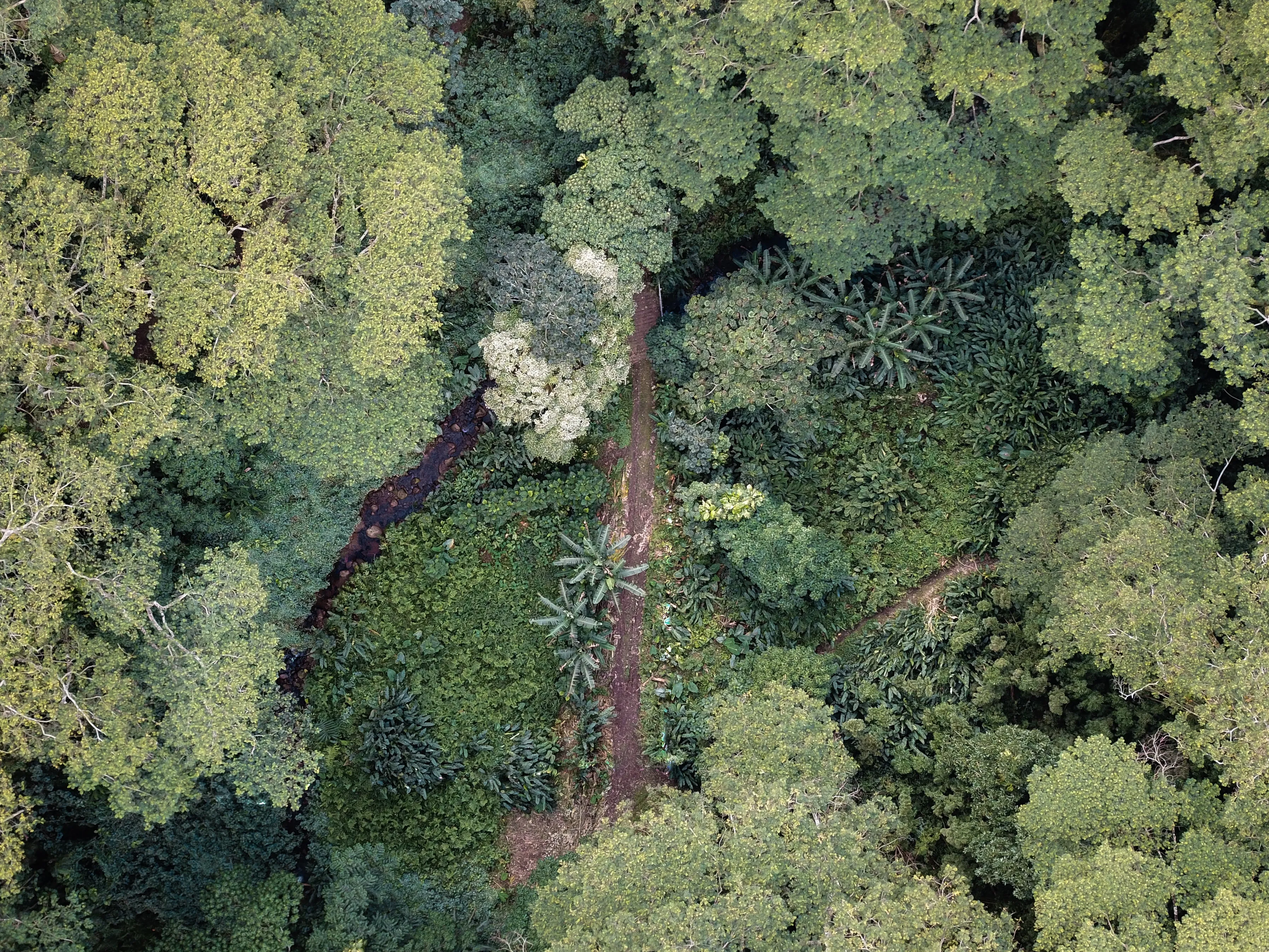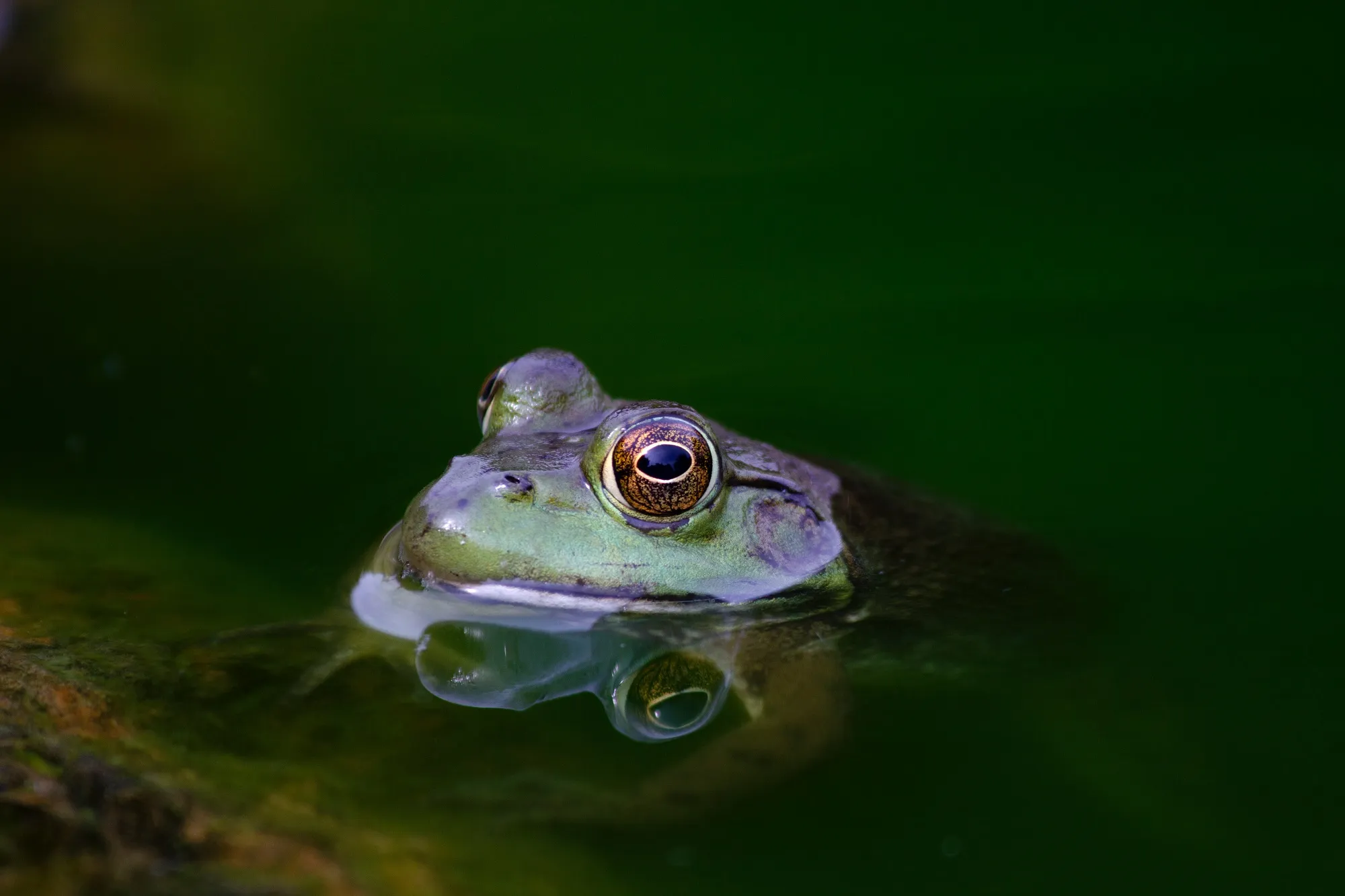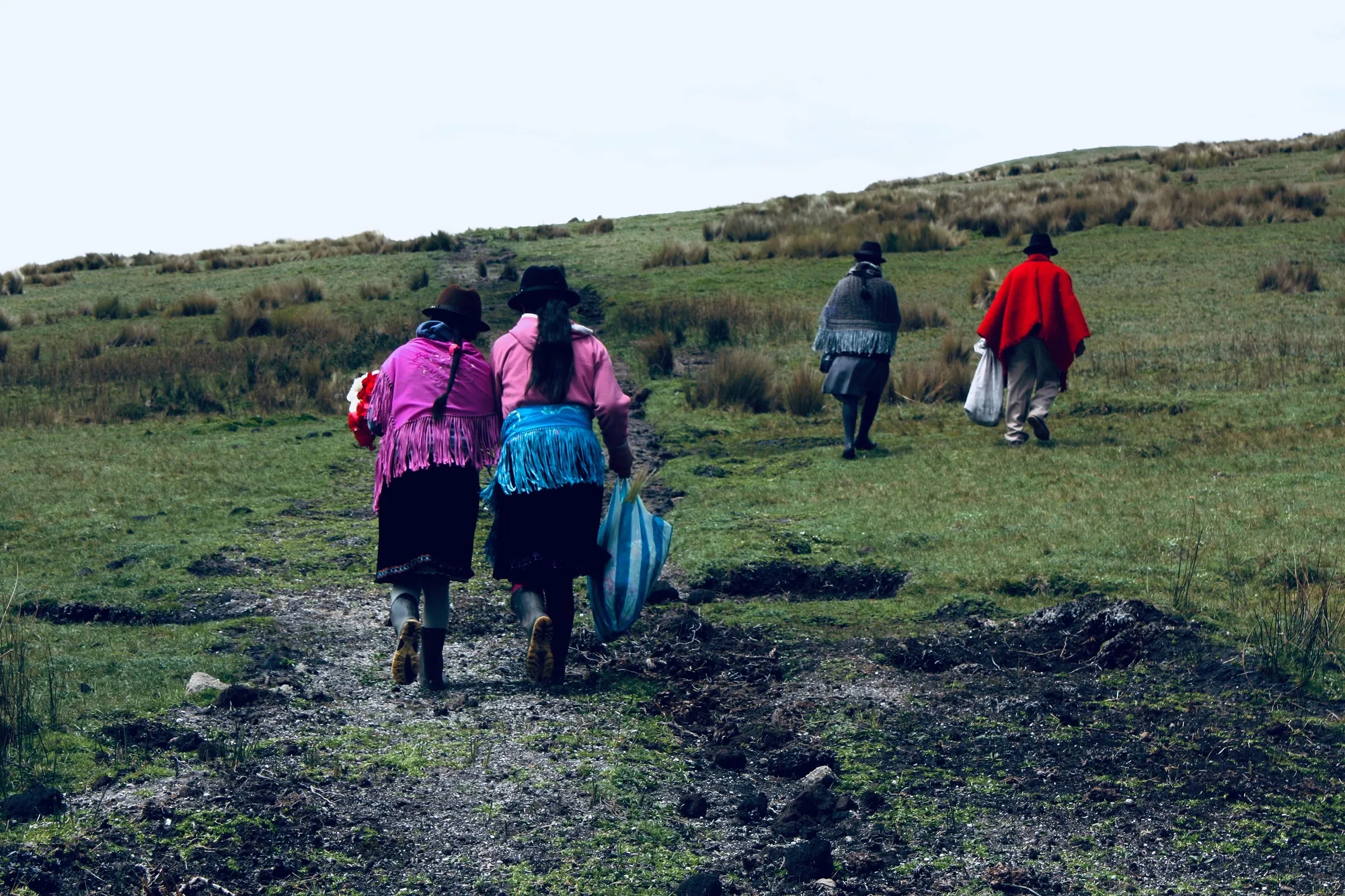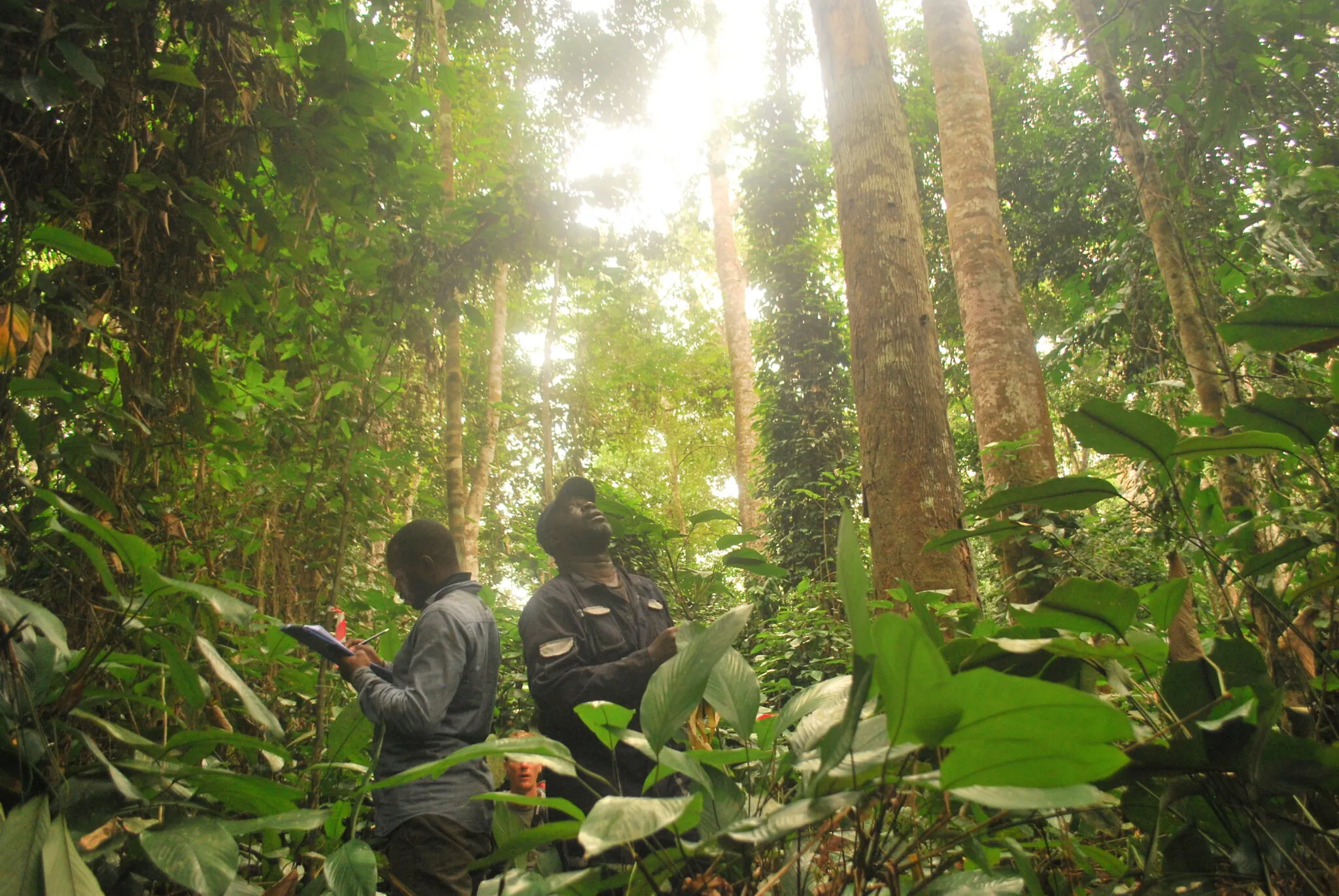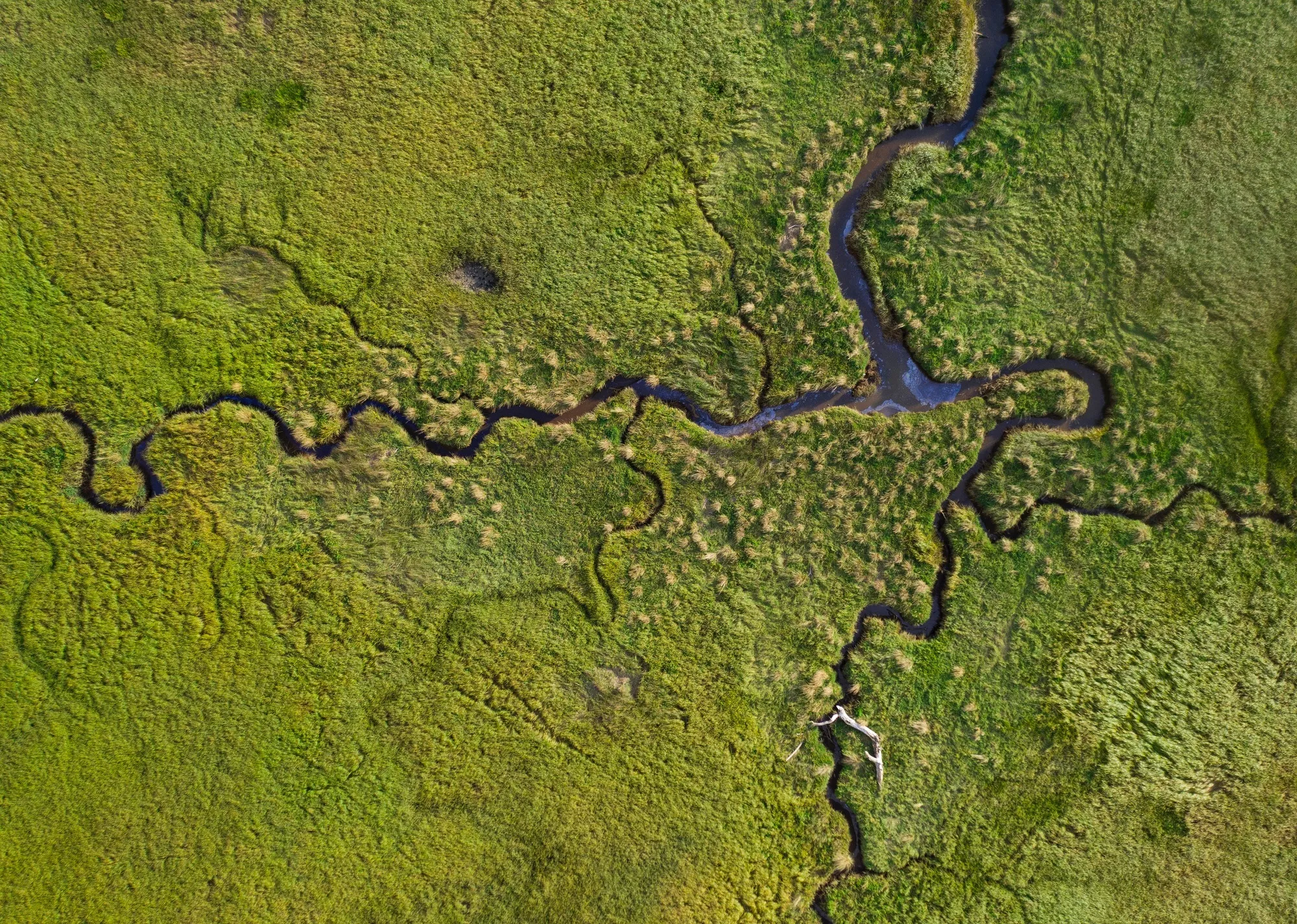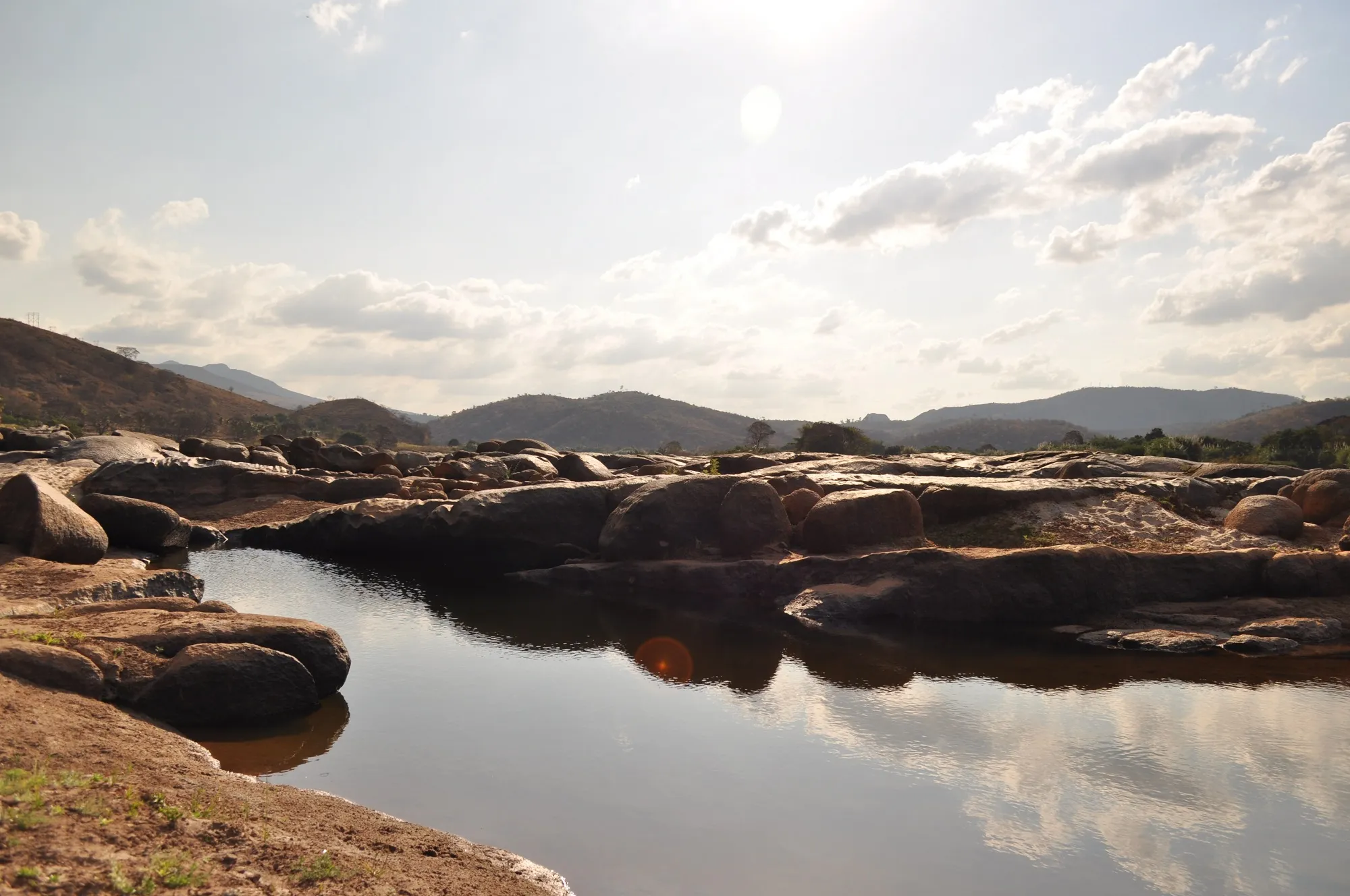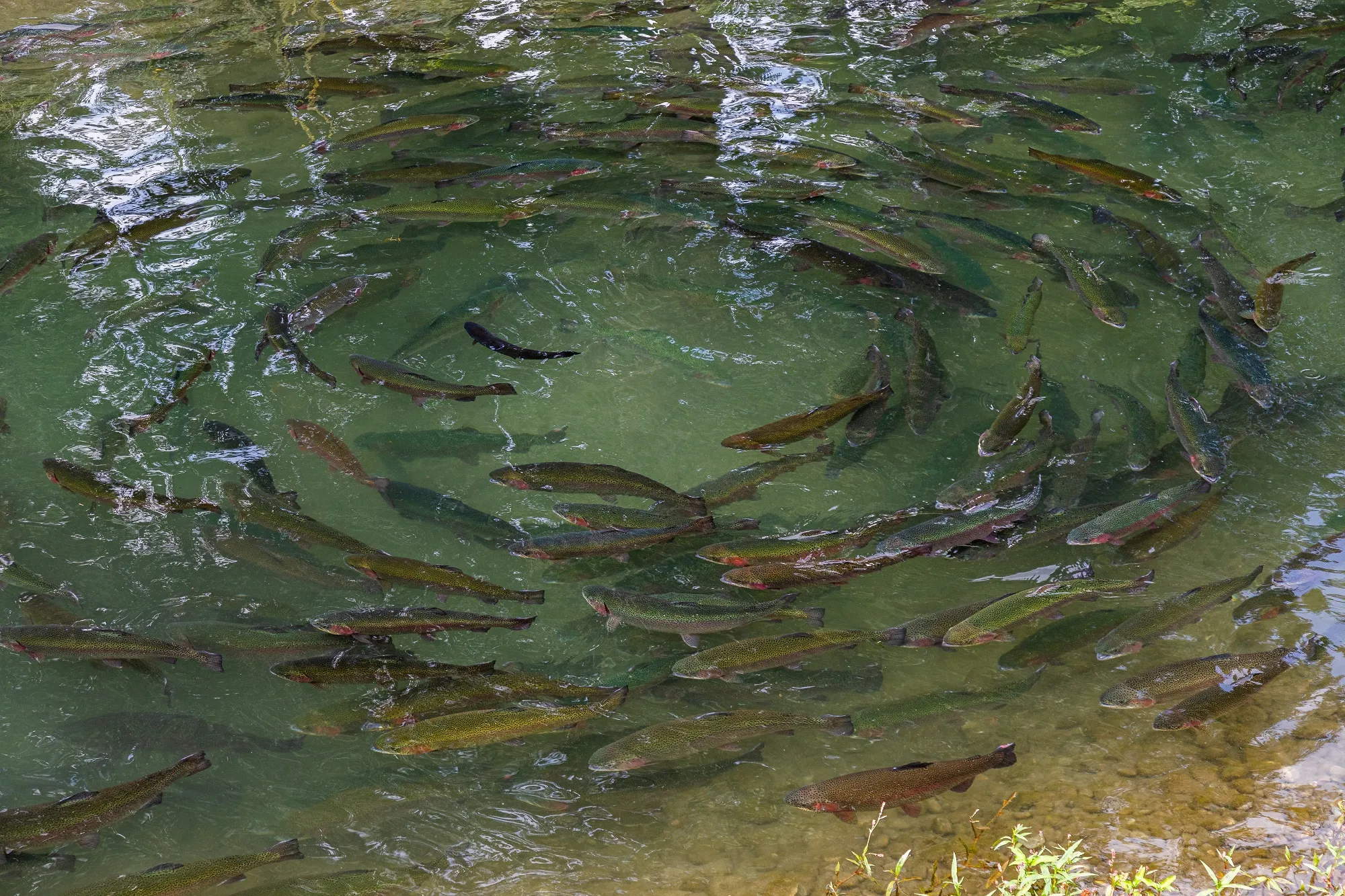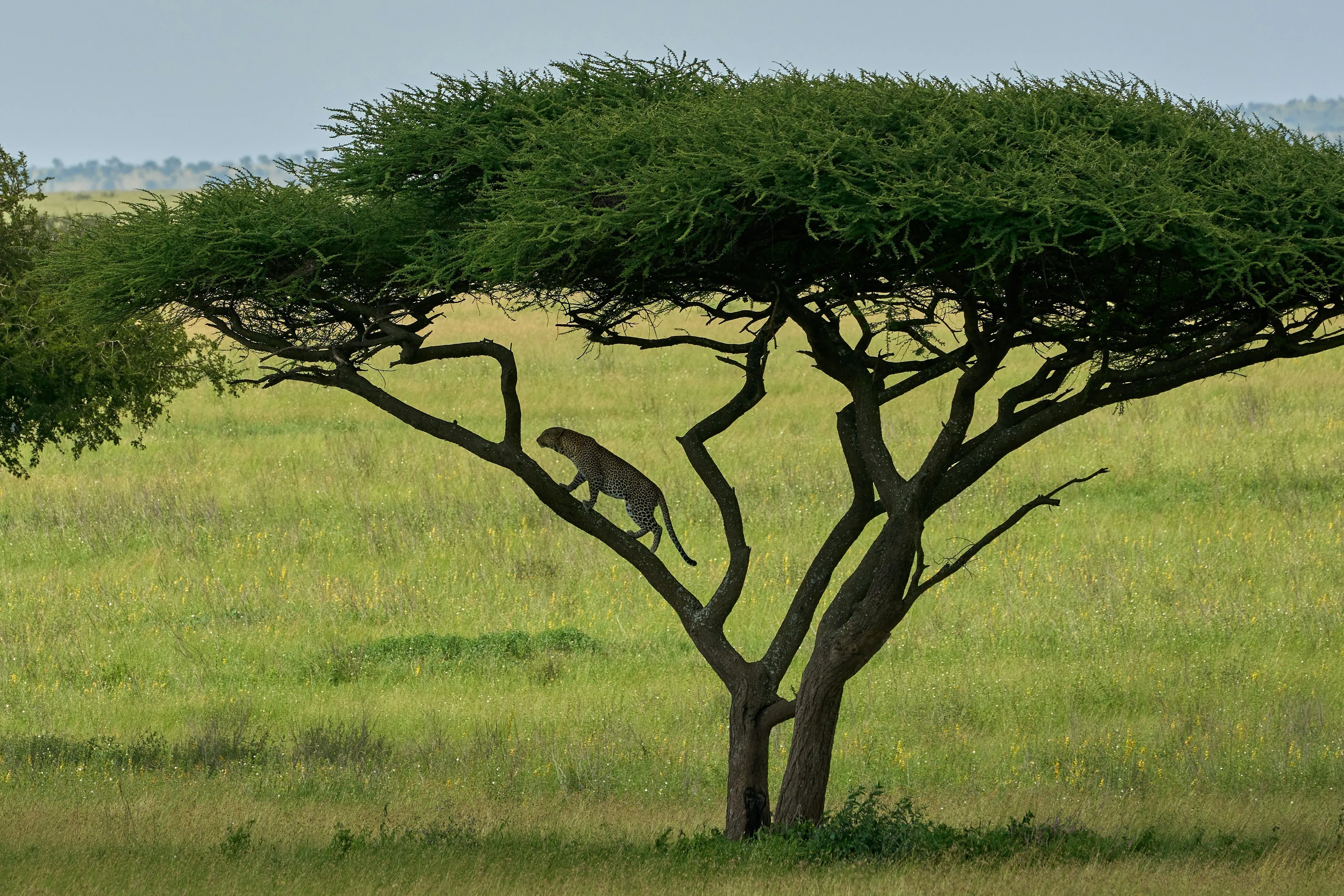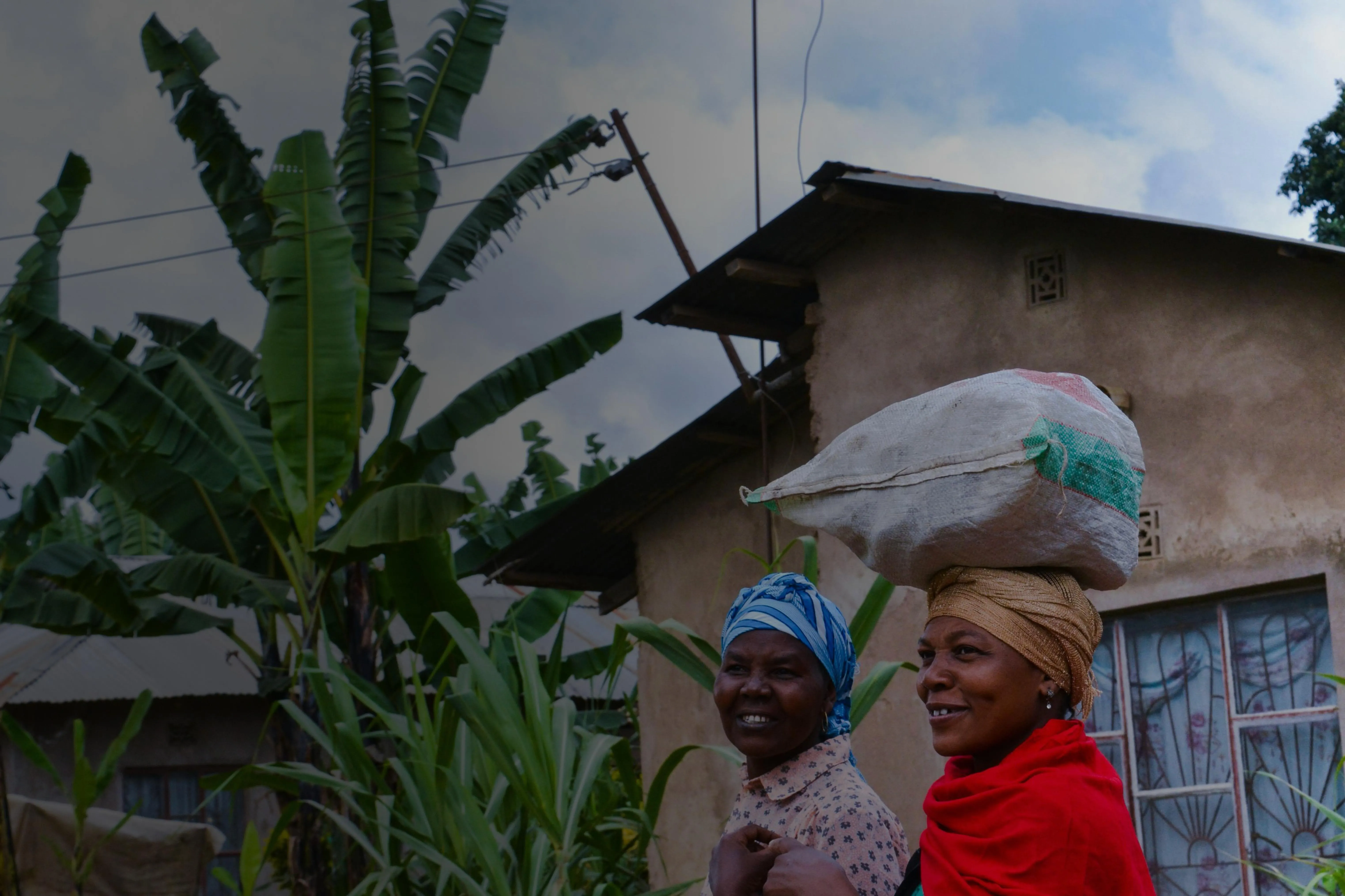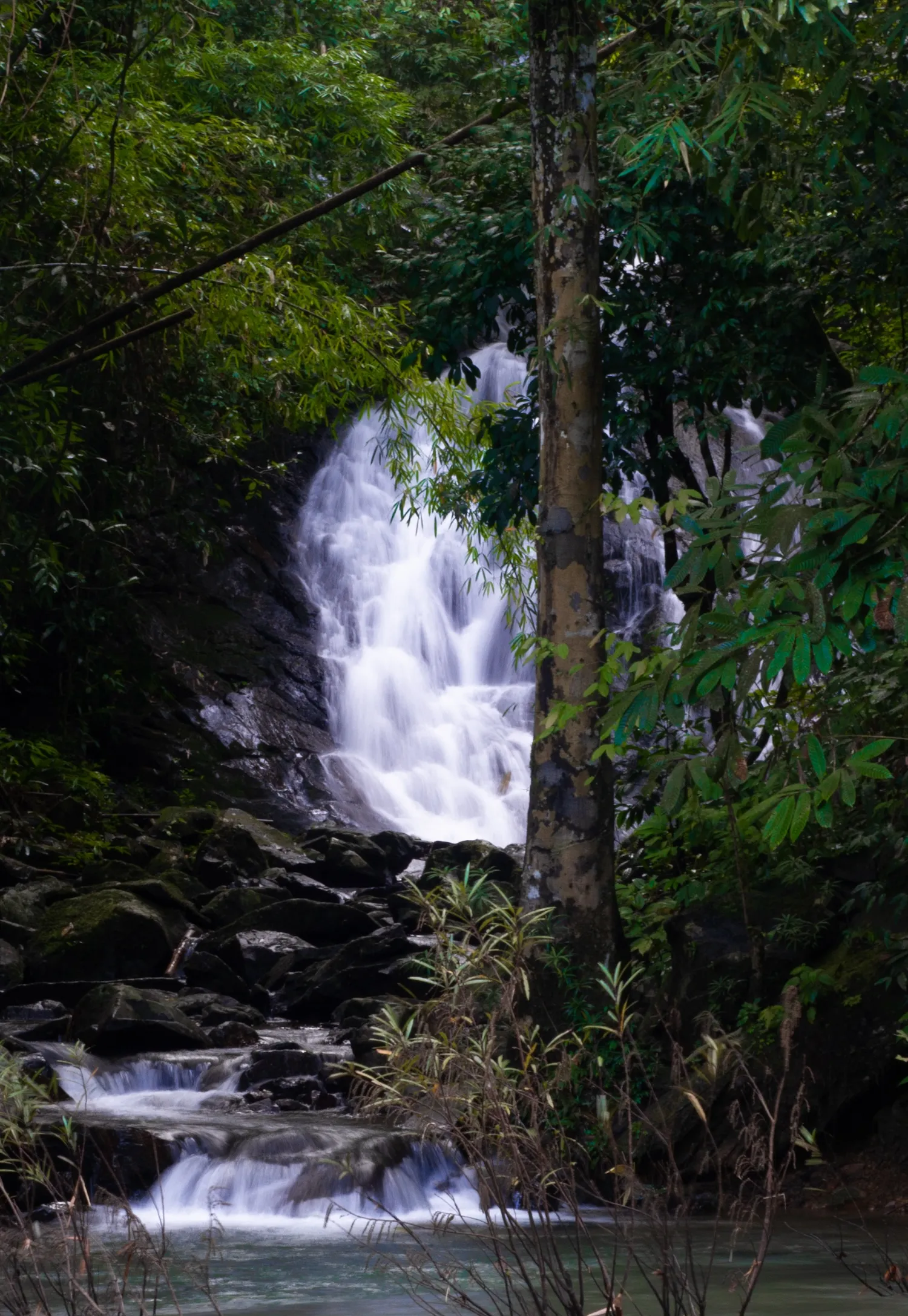
Who we are
Our Network brings together the world’s most influential NGOs, producers, supply chain companies, technical service providers and voluntary sustainability standards.
Our History
The HCV Approach was born in the 1990s. A decade later, the Network was founded to steward and promote global uptake of the methodology.
The Network is a member-based organization that promotes the High Conservation Value (HCV) Approach, a pragmatic methodology to identify and protect ecosystems, biodiversity, and the needs of indigenous peoples and local communities where development takes place.
Our Members
Founded in 2005 to set the standard for implementation of the HighConservation Value (HCV) Approach, the HCV Network is a member-based non-governmental organisation, with a small, agile, global Secretariat team who are responsible for the stewardship and expansion of this approach.
Members form four constituencies, and we look forward to welcoming more organisations to secure the world’s HCVs and contribute together to the global agenda for a sustainable future.
The HCV Network has a collaborative governance model emphasising implementation and impact, fostering collective decision-making and action. You can find more information on our governance in our FAQs.
Non-profit organizations

Forest Peoples Programme

World Resources Institute

WWF
Producer/Supply Chain Companies

April

Olam
Standards

Roundtable on Sustainable Palm Oil

Forest Stewardship Council
Technical Service Providers

Proforest
Non-profit organizations

Lingkar Temu Kabupaten Lestari (LTKL)

SE Asia Rainforest Research Partnership
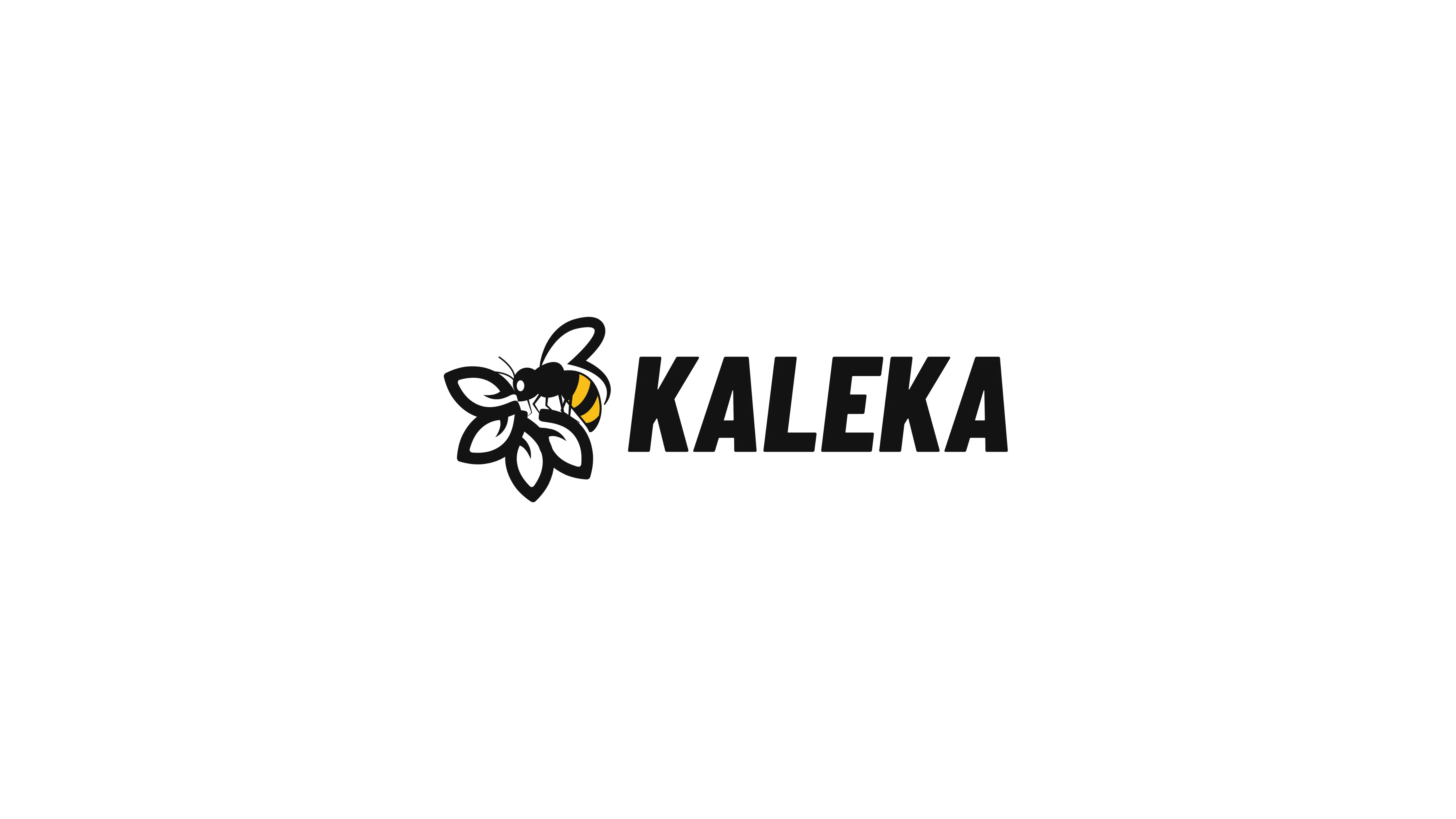
Kaleka

Global Platform for Sustainable Natural Rubber

The Wilderness Society Australia

GIZ

Forest Peoples Programme

Fauna & Flora International

World Resources Institute

WWF
Producer/Supply Chain Companies
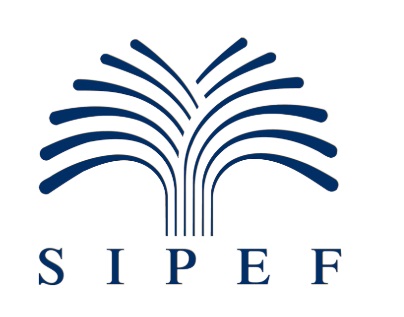
SIPEF

April

Olam

Asia Pulp and Paper (APP)
Standards
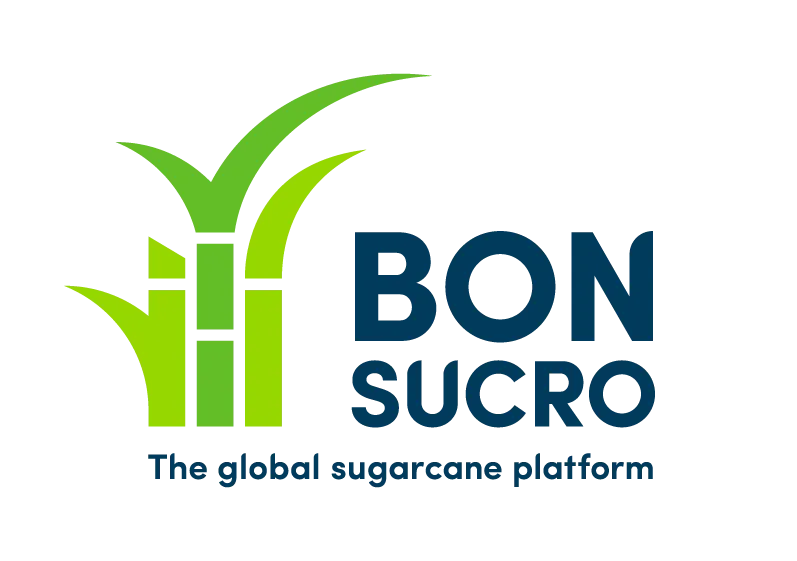
Bonsucro
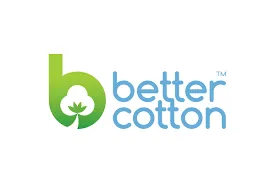
Better Cotton

Roundtable on Sustainable Palm Oil

Round Table on Responsible Soy Association

Rainforest Alliance

Forest Stewardship Council
Technical Service Providers

PT. Merdeka Sejahtera Persada (Dassa Corp)

HCV Africa
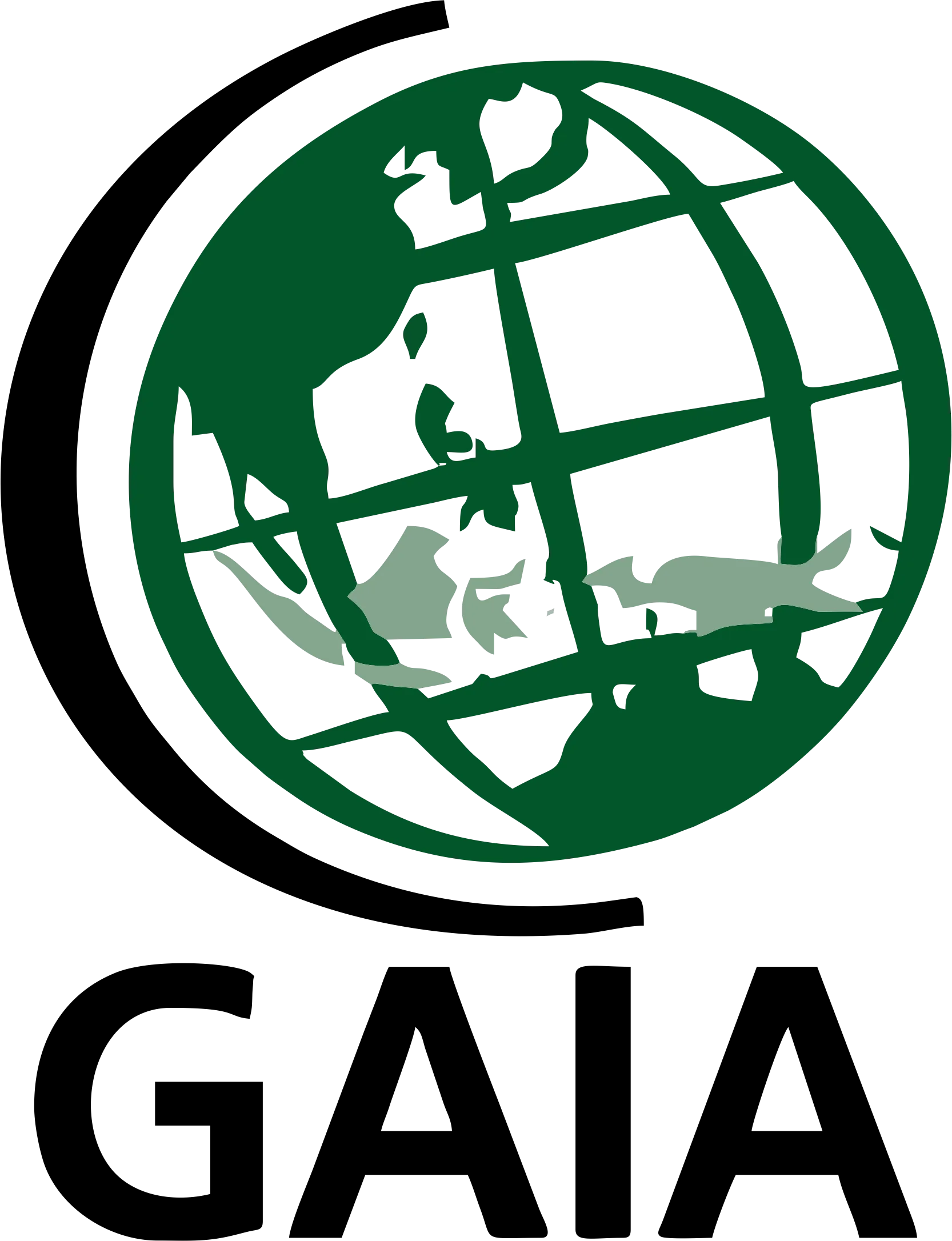
PT Gaia Eko Daya Buana
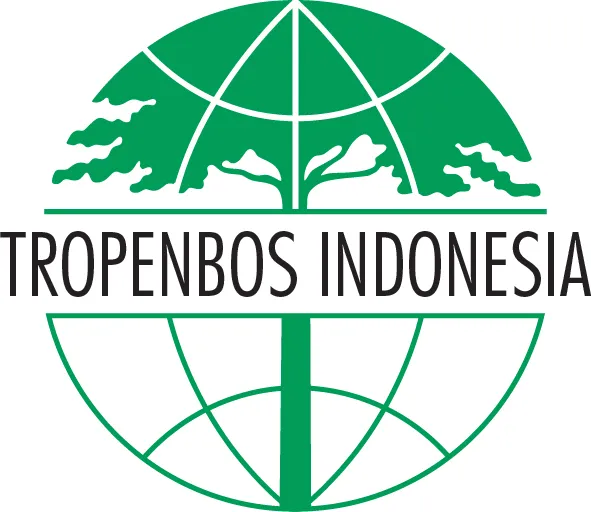
Tropenbos Indonesia
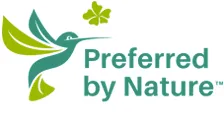
Preferred by Nature

Ecotrop
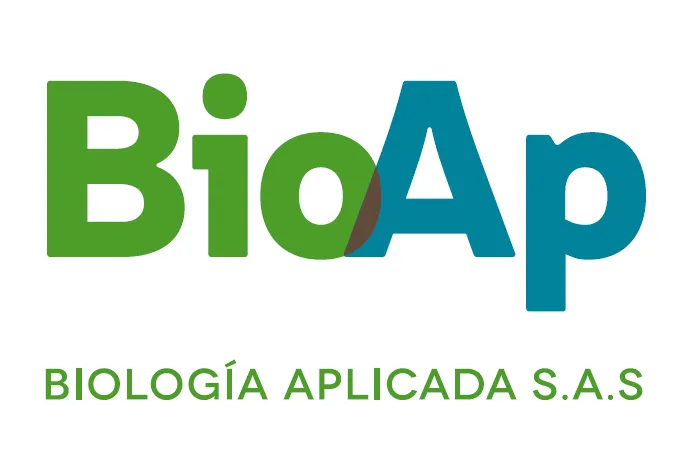
BioAp

Nativa Meio Ambiente

Earthworm Foundation

Remark Asia

Proforest

Ekologika

Daemeter

Aksenta
Our Partnerships
Alongside many global initiatives, our work with partners promotes practices that help meet the global Sustainable Development Goalsand build a greener, fairer, better world by 2030.


Femexpalma
In April 2022, FEMEXPALMA and the HCV Network signed a 5-year cooperation agreement to promote sustainable production of palm oil in Mexico. FEMEXPALMA is a Mexican independent entity that represents palm production at the national level and promotes the increase of productivity in a sustainable way.
With global markets becoming stricter, for Mexican producers to be able to export to key markets such as the European Union, they must meet strict requirements such as certification by the Roundtable on Sustainable Palm Oil (RSPO). To be certified by RSPO, the HCV Approach must be applied prior to the establishment of any new oil palm plantations. With this cooperation agreement, the HCV Network will support FEMEXPALMA’s members and allies to design better strategies to identify, manage and monitor High Conservation Values and support smallholders to achieve RSPO certification and implement good agricultural practices.
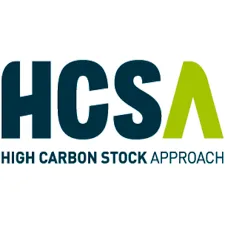

High Carbon Stock Approach
The High Carbon Stock Approach (HCSA) is an integrated conservation land use planning tool to distinguish forest areas in the humid tropics for conservation, while ensuring local peoples’ rights and livelihoods are respected.
In September 2020, HCV Network and the HCSA Steering Group signed a five-year Memorandum of Understanding (MoU) to strengthen their collaboration to conserve forests and uphold community rights in tropical forests. The HCS and HCV Approaches are cornerstones of corporate no deforestation and conservation commitments, and increasingly for actors working at different scales. The collaboration aims to further support effective implementation of these commitments through increased uptake of the HCV and HCS tools.
Through this MoU, HCSA and HCVRN are pursuing two main strategic goals:
- Strive to promote the application of the two approaches in tropical moist forest landscapes and explore further opportunities for collaboration.
- Ensure that, where the two approaches are applied together, this happens in a coordinated, robust, credible, and efficient manner, so that HCS forests and HCVs are conserved, and local peoples’ rights are respected.


World Benchmarking Alliance
From May 2022, the HCV Network is an ally at the World Benchmarking Alliance (WBA). WBA is building a diverse and inclusive movement of global actors committed to using benchmarks to incentivise, measure, and monitor corporate performance on the SDGs, and will assess and rank the performance of 2,000 of the world’s most influential companies against seven systems of transformation by 2023.
The scope of WBA’s circular transformation was expanded to cover nature and biodiversity as recognition of the need for greater understanding, transparency and accountability of business impact on our environment. The WBA Nature Benchmark was launched in April 2022, which will be used to rank keystone companies on their efforts to protect our environment and its biodiversity. As HCV Areas are recognised as key areas important for biodiversity, companies that publicly disclose their actions to identify and protect HCVs will contribute to the assessment of their performance against the benchmark.
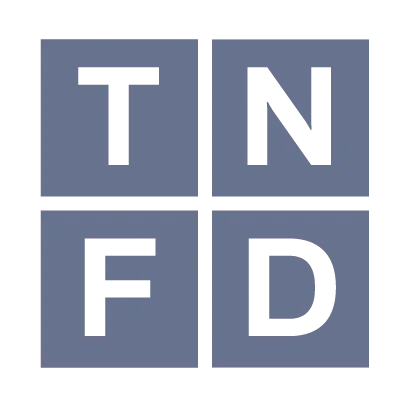

Taskforce on Nature-related Financial Disclosures - TNFD
The Taskforce on Nature-related Financial Disclosures (TNFD) is a global, market-led initiative, established with the mission to develop and deliver a risk management and disclosure framework for organizations to report and act on evolving nature-related risks, with the aim of supporting a shift in global financial flows away from nature-negative outcomes and toward nature-positive outcomes.
In April 2022, the HCV Network joined the TNFD Forum. The TNFD Forum, composed of over 400 members, is a world-wide and multi-disciplinary consultative network of institutional supporters who share the vision and mission of the task force.
By participating in the Forum, the HCV Network contributes to the work and mission of the taskforce and help co-create the TNFD Framework which aims to provide recommendations and advice on nature-related risks and opportunities relevant to a wide range of market participants, including investors, analysts, corporate executives and boards, regulators, stock exchanges and accounting firms.


Aquaculture Stewardship Council
The Aquaculture Stewardship Council (ASC) is the world’s leading certification scheme for farmed seafood – known as aquaculture – and the ASC label only appears on food from farms that have been independently assessed and certified as being environmentally and socially responsible. In 2021, the HCV Network and ASC formalised their collaboration through a Memorandum of Understanding (MoU). The MoU represents the first step in a fruitful relationship aimed at conserving HCVs in aquaculture. Although, existing guidance on the use of the HCV Approach currently focuses mainly on forestry and agriculture, the HCV Approach is however generic, and in principle also applicable to aquatic production systems. Through this MoU, this is recognised by the Aquaculture Stewardship Council (ASC) in their ASC farm standard, in which the protection of HCV areas is mentioned in the context of expansion
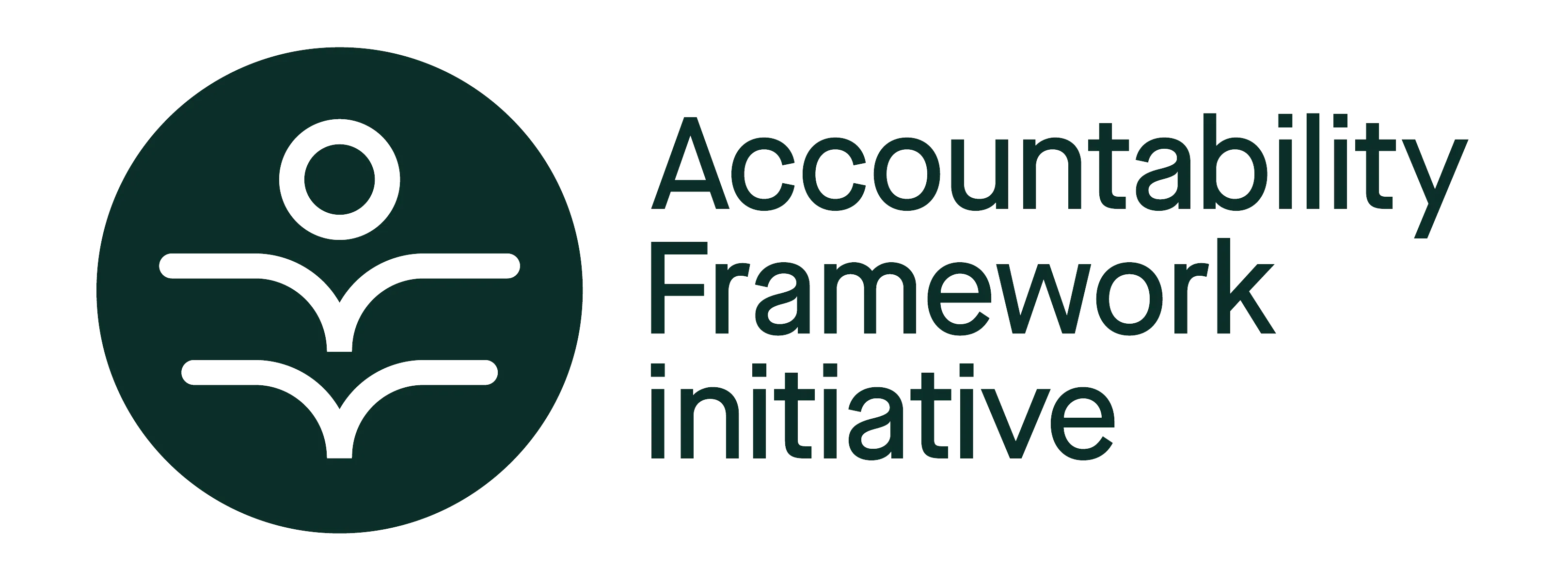

Accountability Framework Initiative
The Accountability Framework initiative (AFi) is a collaborative effort to build and scale up ethical supply chains for agricultural and forestry products. Led by a diverse global coalition of environmental and human rights organizations, the AFi works to create a “new normal” where commodity production and trade are fully protective of natural ecosystems and human rights. To pursue this goal, the coalition supports companies and other stakeholders in setting strong supply chain goals, taking effective action, and tracking progress to create clear accountability and incentivize rapid improvement. In July 2022, the HCV Network joined AFi as a Supporting Partner. AFi Supporting Partners extend the reach and positive impact of the AFi by promoting use of the Accountability Framework by companies, industry groups, financial institutions, governments, and other sustainability initiatives, both globally and in commodity-producing countries.


Biodiversity Credit Alliance
The Biodiversity Credit Alliance (BCA) is a global multi-disciplinary advisory group formed in late 2022. Its mission is to bring clarity and guidance on the formulation of a credible and scalable biodiversity credit market under global biodiversity credit principles. Under these principles, the BCA seeks to mobilize financial flows towards biodiversity custodians while recognising local knowledge and contexts.
The HCVN joined the BCA Forum in August 2023 to learn more from the many organizations already coming together to find effective pathways to opening up credit-based approaches, and how to contribute our knowledge and experience of years of working in a practical way, often with global sustainability standards and their certified producers, to protect what matters most to nature and people.
.webp)
.webp)
Nature Positive Forum
The Nature Positive Initiative is a group of stakeholders coming together to find ways to unlock success and achieve Nature Positive - a global societal goal defined as ‘halt and reverse nature loss by 2030 on a 2020 baseline, and achieve full recovery by 2050’, in line with the mission of the Kunming-Montreal Global Biodiversity Framework.
Core work includes preserving the integrity of ‘Nature Positive’ as a measurable 2030 global goal for nature for business, government, and other stakeholders, and providing the tools and guidance necessary to allow all to contribute. The initiative also advocates for the full implementation of the Kunming-Montreal Global Biodiversity Framework by governments and other stakeholders.
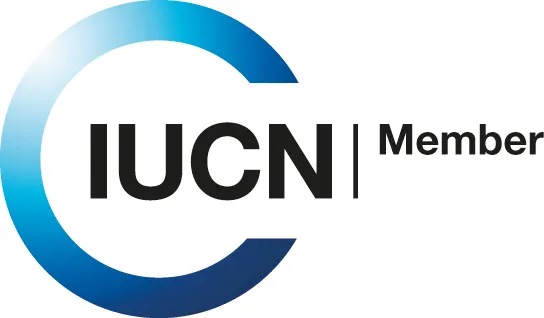

IUCN
IUCN is a membership Union uniquely composed of both government and civil society organisations. It provides public, private, and non-governmental organisations with the knowledge and tools that enable human progress, economic development, and nature conservation to take place together.
Created in 1948, IUCN is now the world’s largest and most diverse environmental network, harnessing the knowledge, resources and reach of more than 1,400 Member organisations and around 15,000 experts. It is a leading provider of conservation data, assessments, and analysis. Its broad membership enables IUCN to fill the role of incubator and trusted repository of best practices, tools, and international standards.
IUCN provides a neutral space in which diverse stakeholders including governments, NGOs, scientists, businesses, local communities, indigenous peoples’ organisations, and others can work together to forge and implement solutions to environmental challenges and achieve sustainable development.
Working with many partners and supporters, IUCN implements a large and diverse portfolio of conservation projects worldwide. Combining the latest science with the traditional knowledge of local communities, these projects work to reverse habitat loss, restore ecosystems, and improve people’s well-being.
Secretariat
The Secretariat runs the Network’s day-to-day operations. It provides quality assurance, learning opportunities, tools and guidance, and technical support to ensure robust implementation of the methodology in all ecosystems (land-based, aquatic), scales (local, regional, national), and development contexts (forestry, agribusiness, other).
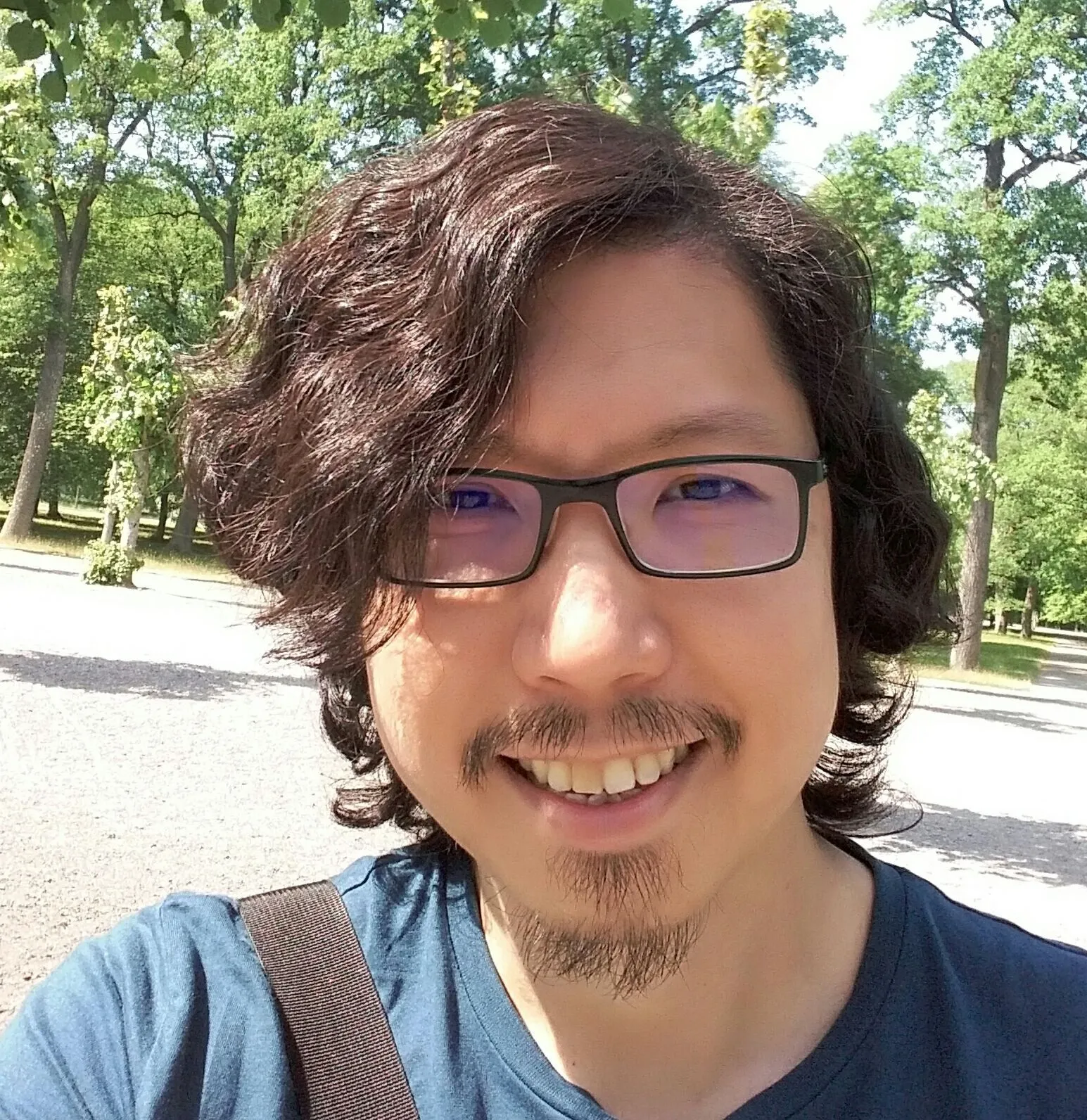
Arie Soetjiadi

Arie Soetjiadi
Arie has a background in botany and landscape ecology. He has more than 10 years of experience in conservation including research, natural resource management and certification. Prior to joining the HCV Network, Arie worked as an FSC FM certification coordinator at Rainforest Alliance Asia Pacific. He has also worked in development aid projects for mangrove conservation in East Kalimantan under the CIM/GIZ returning expert program. Arie has completed formal FSC and SAN Lead Auditor trainings and has conducted numerous FSC, SAN and Timber Legality verification audits/assessments in Indonesia, Thailand, Malaysia, Lao, PDR, Singapore and PNG. He graduated from the University of Hohenheim, Germany.Arie is based in Bali, Indonesia and is fluent in English, German and Bahasa Indonesia.
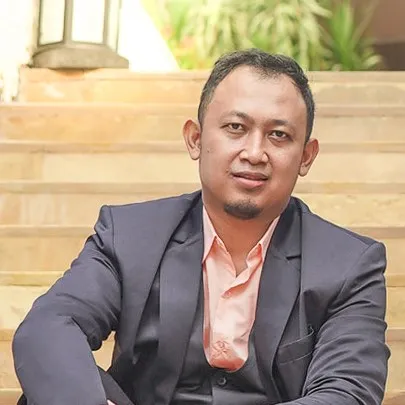
Arif Prasetyo

Arif Prasetyo
For more than 12 years, Arif has applied his expertise in Remote Sensing and GIS for Natural Resource Management and Environment, including in Forestry and Conservation, both in the context of landscape ecosystems and species. During this period, Arif worked with the Ministry of Forestry and the Environment related to the REDD project. In addition, he has also worked at BIOREF, ICRAF, Wetland International Indonesia, Daemeter, and Hatfield Indonesia with work sectors related to Land Use Land Cover Change, Conservation, Peatland, Mangrove, Payment for Environmental Services, and Forest Carbon Projects. Arif has carried out HCV assessments since 2010 from an assistant's expert level, and now he is an HCV ALS Lead Assessor and HCSA Practitioner.
Arif now lives in Indonesia and speaks Indonesian and English.
.webp)
Arkian Suryadarma
.webp)
Arkian Suryadarma
Arkian has a passion for sustainability and climate change with over 7 years of experience in campaigning on sustainability and forestry. Prior to joining the HCV Network, Arkian has experience working with the private sector in its sustainability program, while also have the experience in lobbying and campaigning with other NGO such as Greenpeace Indonesia. Other than the love for campaigning, Arkian also has experience in audits such as FSC Chain of Custody, Rainforest Alliance, as well as experience within Fairtrade certifications. Graduated out of University of Idaho, United States of America with a Bachelor’s Degree in Environmental Science, he is based in Jakarta, Indonesia and is fluent in both English and Bahasa Indonesia.
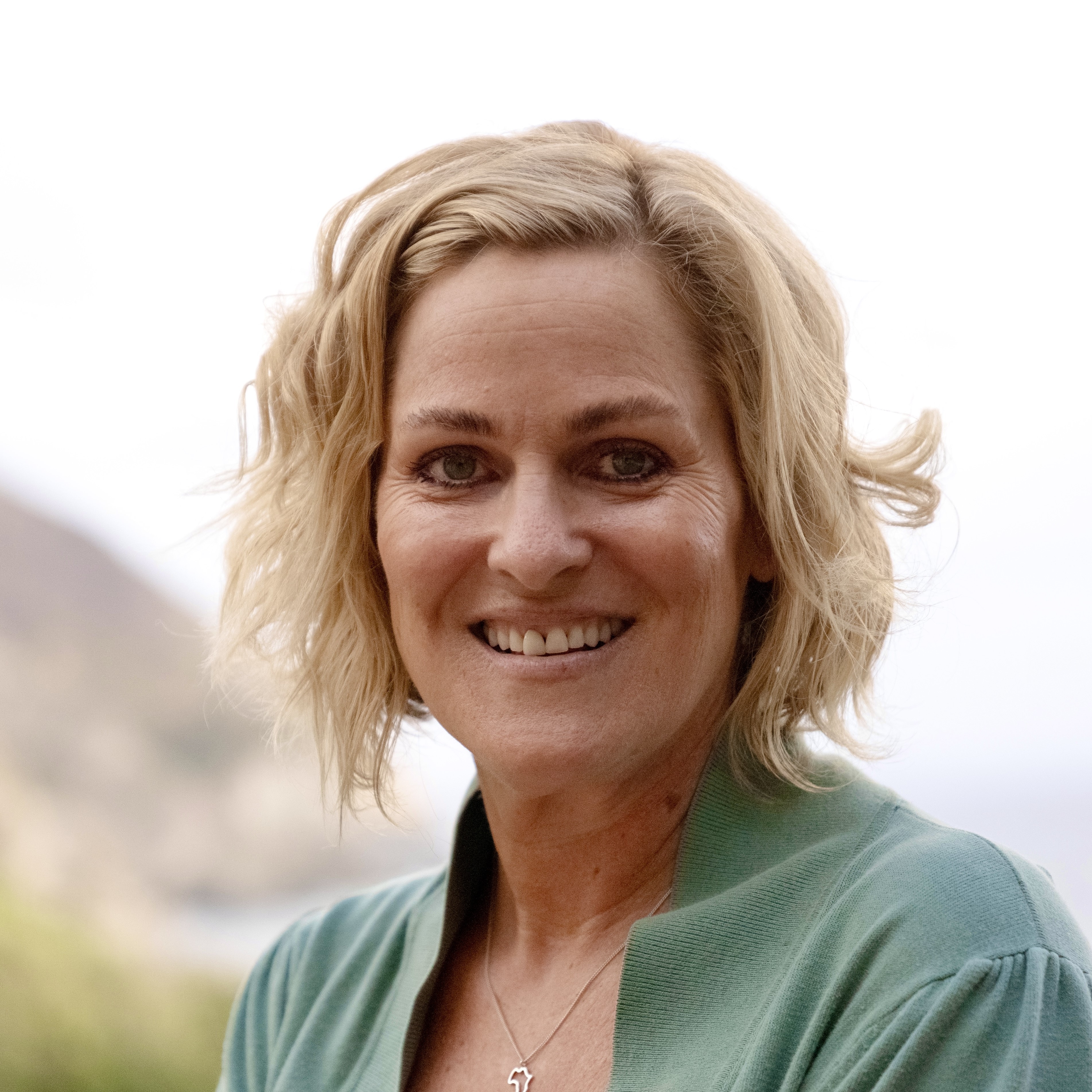
Belinda Bowling

Belinda Bowling
An environmental lawyer by background, Belinda has spent the last 15 years working in leadership and management positions with the UN, corporates, social businesses and non-profits in Africa, Asia and the UK. A seasoned sustainability and development professional, Belinda has a wide-range of sector experience, including natural resource management, social impact, climate change, human rights, public health, education, livelihoods, technology, innovation and systems change. She was awarded a presidential medal in recognition of her work with UNEP in Afghanistan from 2003-2010. Belinda has three postgraduate degrees, including a MBA, a commercial law degree and a masters in environmental law and policy. Belinda is South African, and currently lives in the UK.
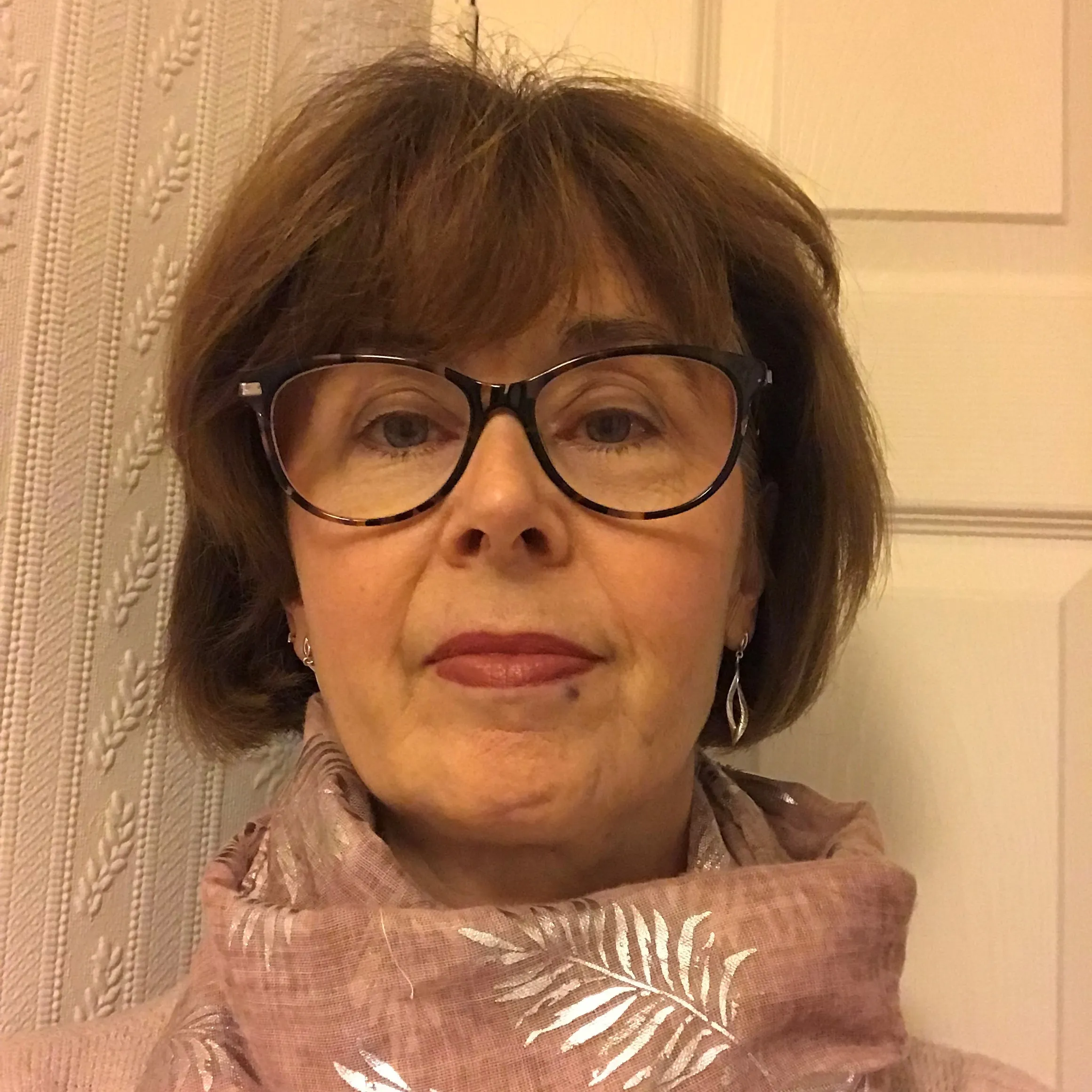
Celia Pearson

Celia Pearson
Celia has over 30 years’ experience in finance working in a wide range of industries, including scientific research, medicine and manufacturing as well as in practice. She trained with one of the top 10 Accountancy firms in London before moving into industry. She now runs her own accountancy and tax practice and assists the Secretariat on a part time basis. She is based in the UK.
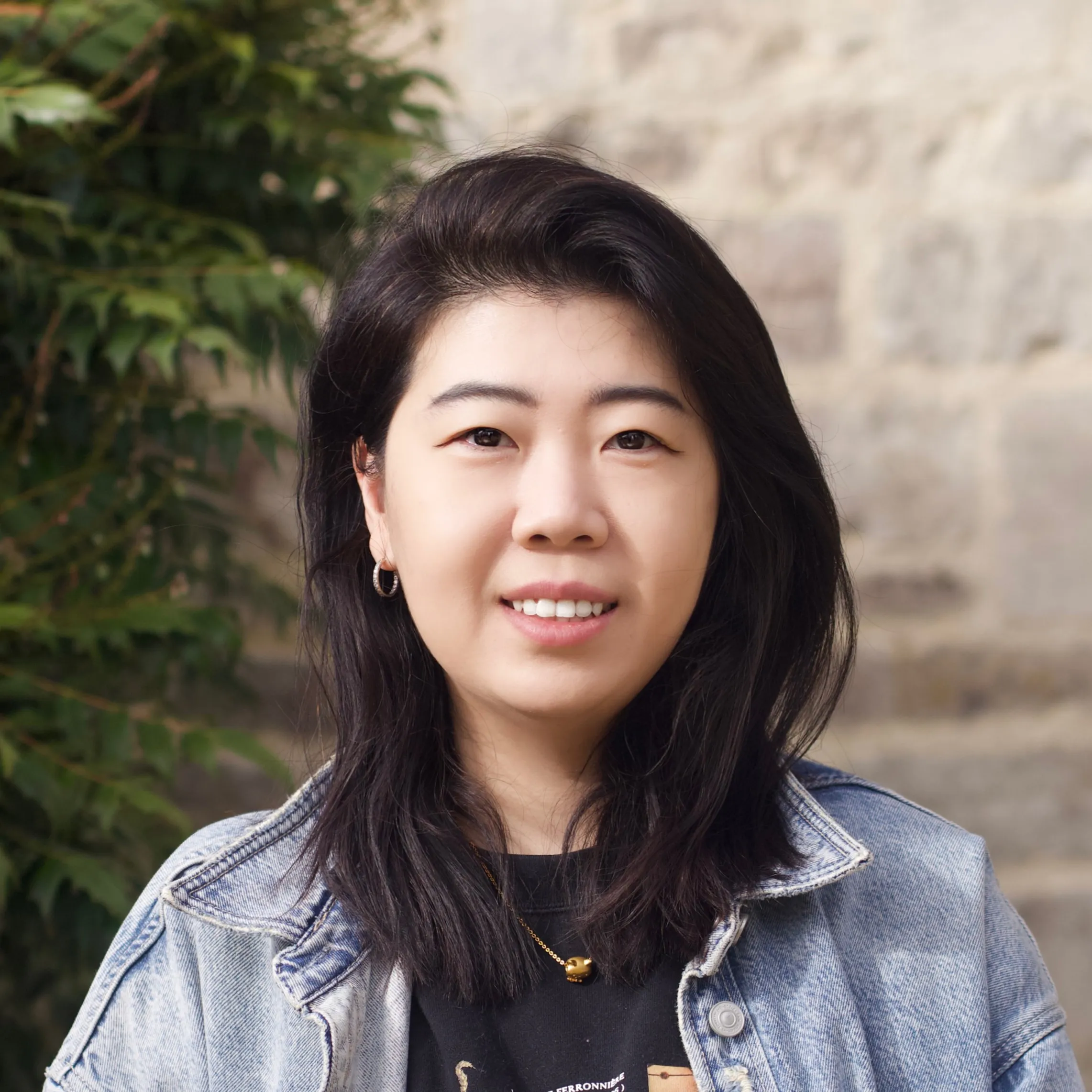
Dongdong Xiao

Dongdong Xiao
Dongdong is currently a PhD student in Sustainable Construction from Bartlett School UCL and holds a master’s degree in Business Management from The University of Edinburgh Business School. She has previous experience in the construction and commercial real estate sectors, where she helped multinational brands on corporate properties’ pro-environmental and pro-social certifications (LEED and WELL) and provided energy-saving design consultancy for high-end hotels and office buildings in China. She has several years of experience in project management (PRINCE2 Practitioner accreditation) and possesses a mixed professional background in both industry and academia. Dongdong is passionate about sustainability, especially from the perspective of organizational behavior and psychology and will ensure sustainable operations at the HCV Network Secretariat. Dongdong is based in London and is fluent in English and native to Chinese Mandarin.
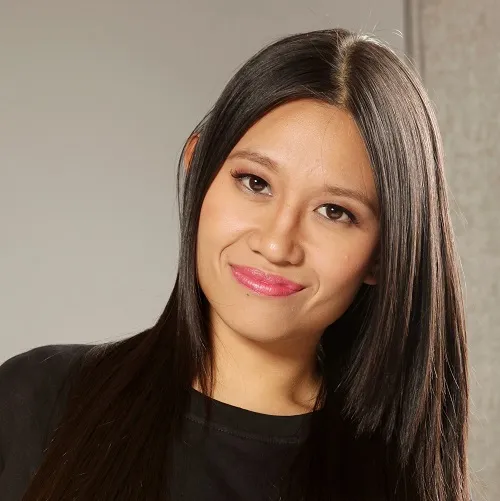
Felicia Lasmana

Felicia Lasmana
Felicia Lasmana is a conservation biologist based in Indonesia, specialized on bats and other mammals. Felly has over 10 years’ experience with baseline surveys, investment due diligence, policy analysis and development, conservation management, and High Conservation Value (HCV) assessments. She holds a bachelor’s degree in Biology and MSc in Environmental Sciences at Padjadjaran University, Indonesia and MSc in Conservation Biology from University of Kent, UK. She has been trained in in forestry, tropical ecology, ecosystem services and sustainable agriculture in Malaysia, China, and Indonesia. Felly is an ALS Fully Licensed HCV assessor (ALS14007FL), a Roundtable of Sustainable Palm Oil (RSPO) Lead Auditor and an Indonesian Sustainable Palm Oil (ISPO) approved auditor. She has been involved in HCV assessments and lead biodiversity surveys specialized in mammals in forestry and oil palm in Indonesia, Malaysia and Myanmar since 2012.
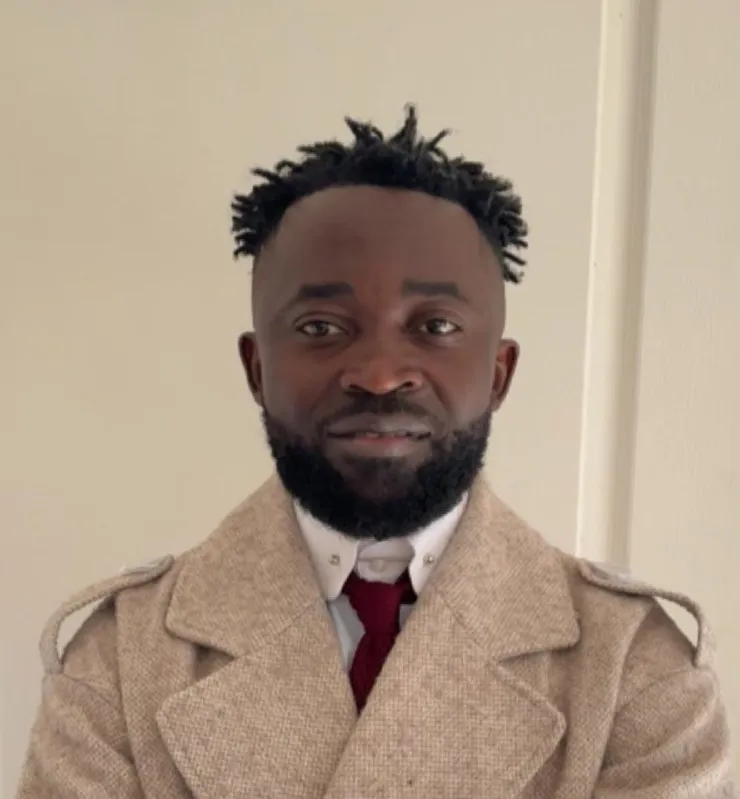
Jess Bahamboula

Jess Bahamboula
Jess is from Congo-Brazzaville. He is an ecologist specialised in tropical forests. Having completed his professional licence at the University of Marien Ngouabi, Brazzaville, over 5 years he gained valuable experience in deliveringon-the-ground research projects, in conservation programmes in the forested landscapes of northern Congo and southern Cameroon. Recently, he has completed his masters studies in tropical ecology at the Science Department of Montpellier, and he is looking forward to bringing these skills to scale-up the application of the HCV approach in the Congo Basin.
He is based in Congo and speaks French.
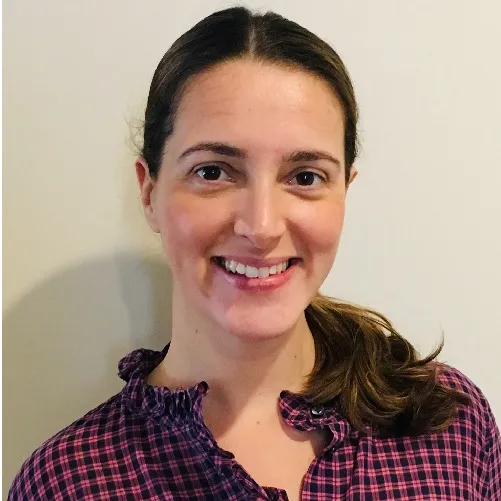
Jimena Frojan

Jimena Frojan
With a background in Environmental Sciences, Jimena has extensive experience in sustainable supply chains certifications, as an auditor and as the technical manager of a certification scheme. She has experience with the coordination of multi-stakeholder processes and with managing complex projects. Jimena is based in Argentina and speaks fluent Spanish and English, and moderate Portuguese.
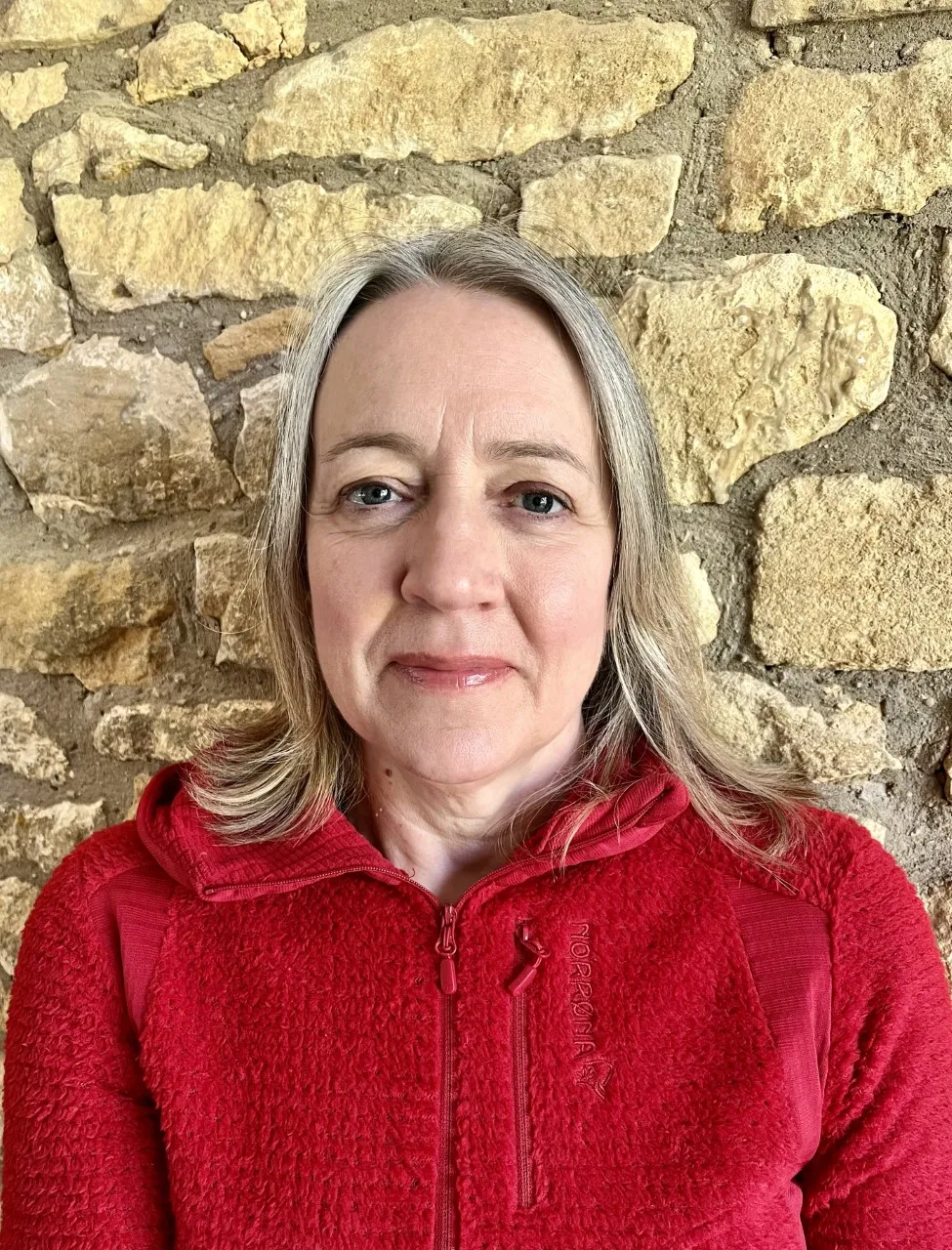
Julia Young

Julia Young
Julia considers herself a sustainability and conservation strategist, implementer and advocate. She has experience in natural resources, including in exploration geology and mining for two large mining houses, and moved into international environmental law and policy with a particular focus on stewardship of the environment. Joining WWF in 2007 she led work on global forest management and trade in the UK including forest certification, with diverse businesses, civil society and government actors, before leading strategy and engagement as Director of Global Forest Sector Transformation for the WWF network until mid 2022. She's lived and worked in southern Africa, the UK, and is now based in Sweden. Julia has a BSc. in Geology from Kingston University London, an MSc. in Sedimentology and its applications from Reading University, a Legal Masters in Environmental Law from Dundee University Scotland, and certificate in Organizational Leadership from the University of Pretoria, South Africa.
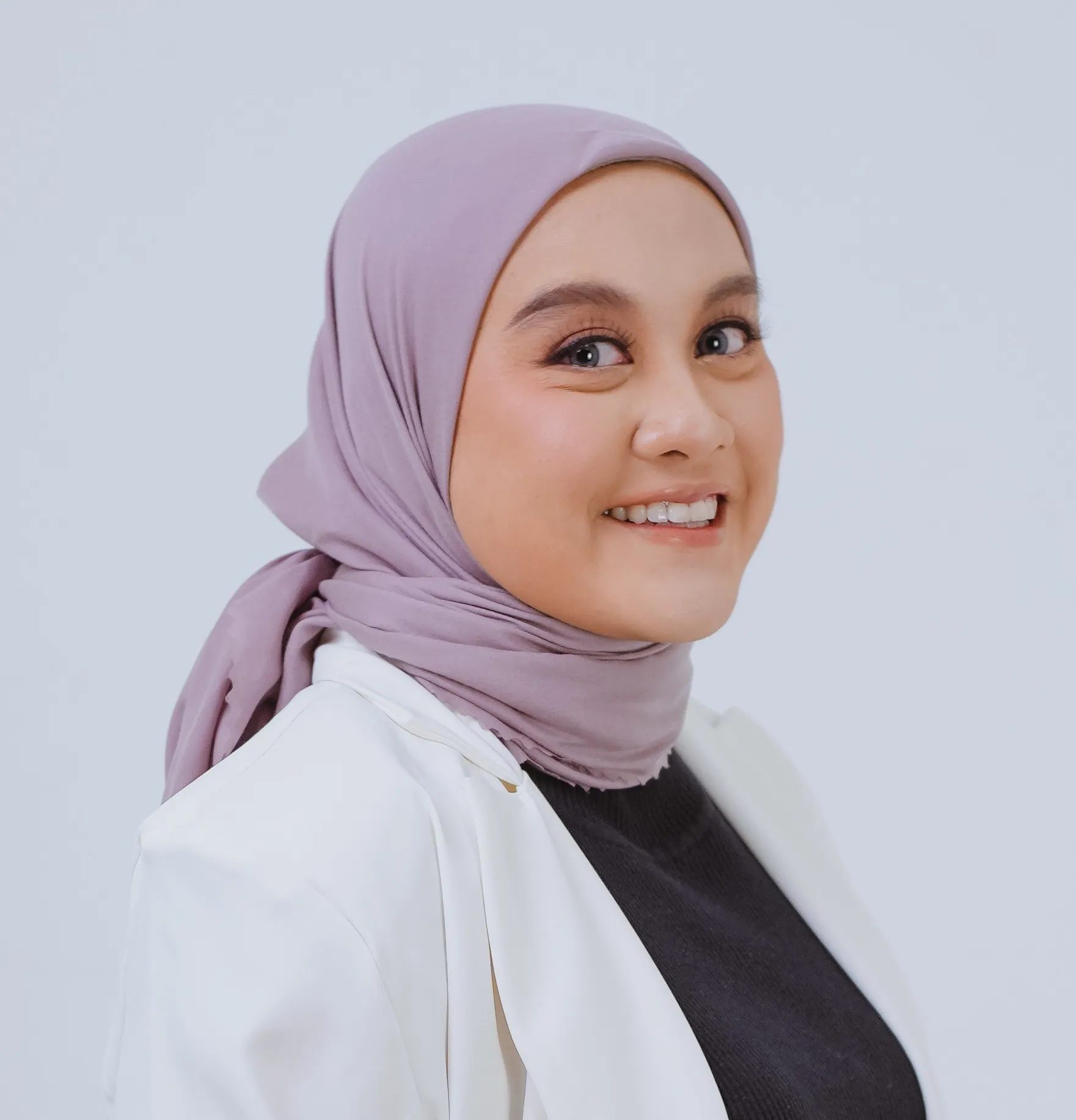
Mirzha Hanifah

Mirzha Hanifah
Mirzha is an environmental professional with extensive experience in forest and landscape monitoring, remote sensing, and multi-stakeholder engagement, and holds a Master’s degree in Forestry from IPB University. Prior to joining the HCV Network, she led the Forest and Landscape Monitoring initiative at WRI Indonesia and served as the national spokesperson for Global Forest Watch (GFW) in Indonesia. In this role, she provided technical guidance to local partners, advised CSOs on independent forest monitoring, and led capacity-building programs for government agencies and local communities in using satellite-based tools and near real-time alerts. Her work supported jurisdictional efforts to strengthen forest governance and conservation in several districts across Indonesia.
She is based in Indonesia and speaks Bahasa Indonesia and English.
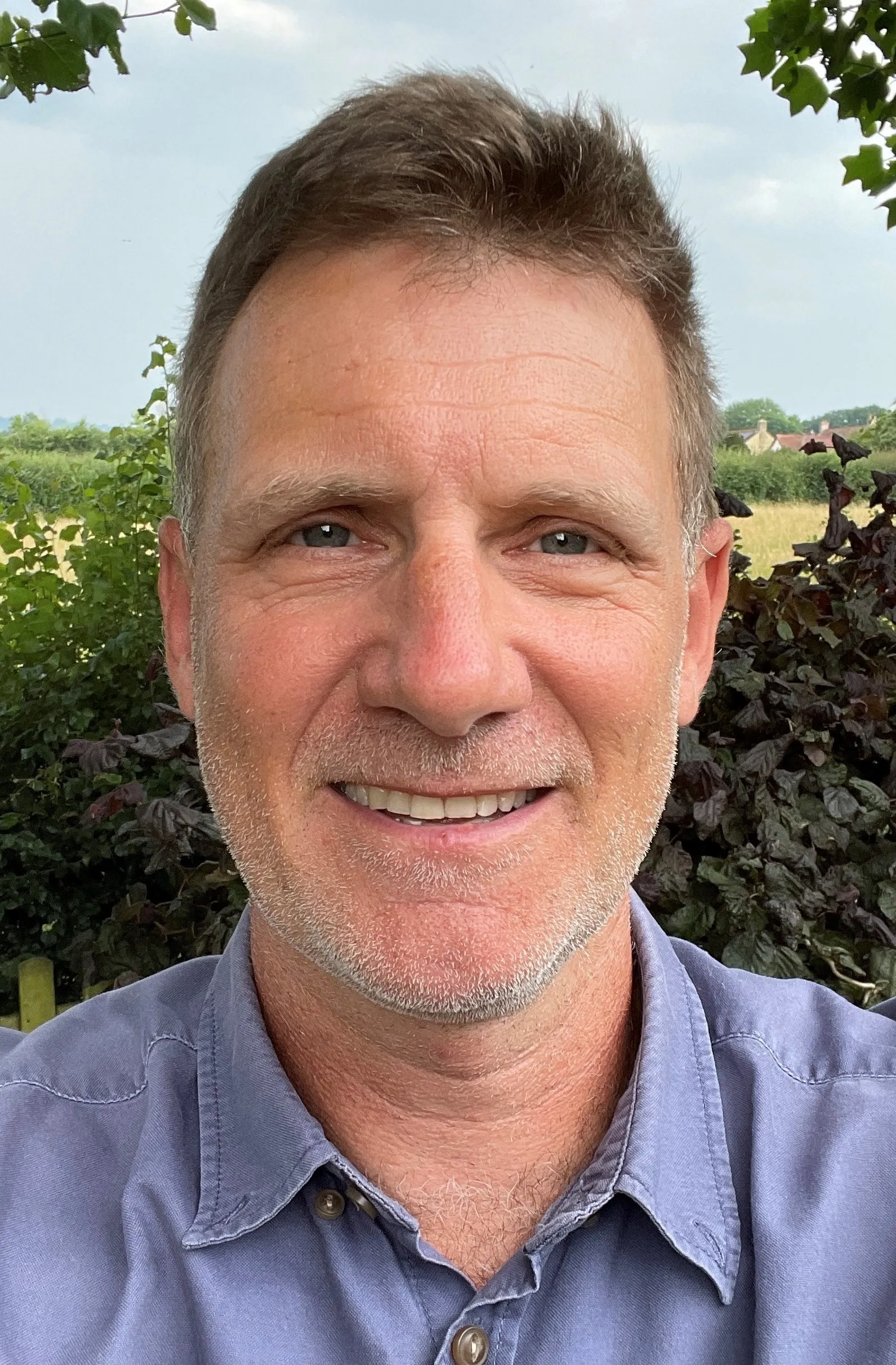
Neville Kemp

Neville Kemp
Nev is a forestry and conservation specialist with over 25-years experience. A graduate of Ecology from Leeds, and Forestry from Aberdeen, he started his career in the early 90’s with conservation volunteering in the UK and Vietnam, and then in the Mentawai Islands and Asmat in Indonesia. After managing conservation programs in Papua, he established company to provide HCV assessment services to the private sector to improving natural resource management. More recently, he has led technical implementation for donor projects incorporating a landscape scale HCV approach for improved protected area management, conservation planning and implementation, spatial planning and sustainable development. Nev is a keen ornithologist, bikepacker and paraglider pilot.
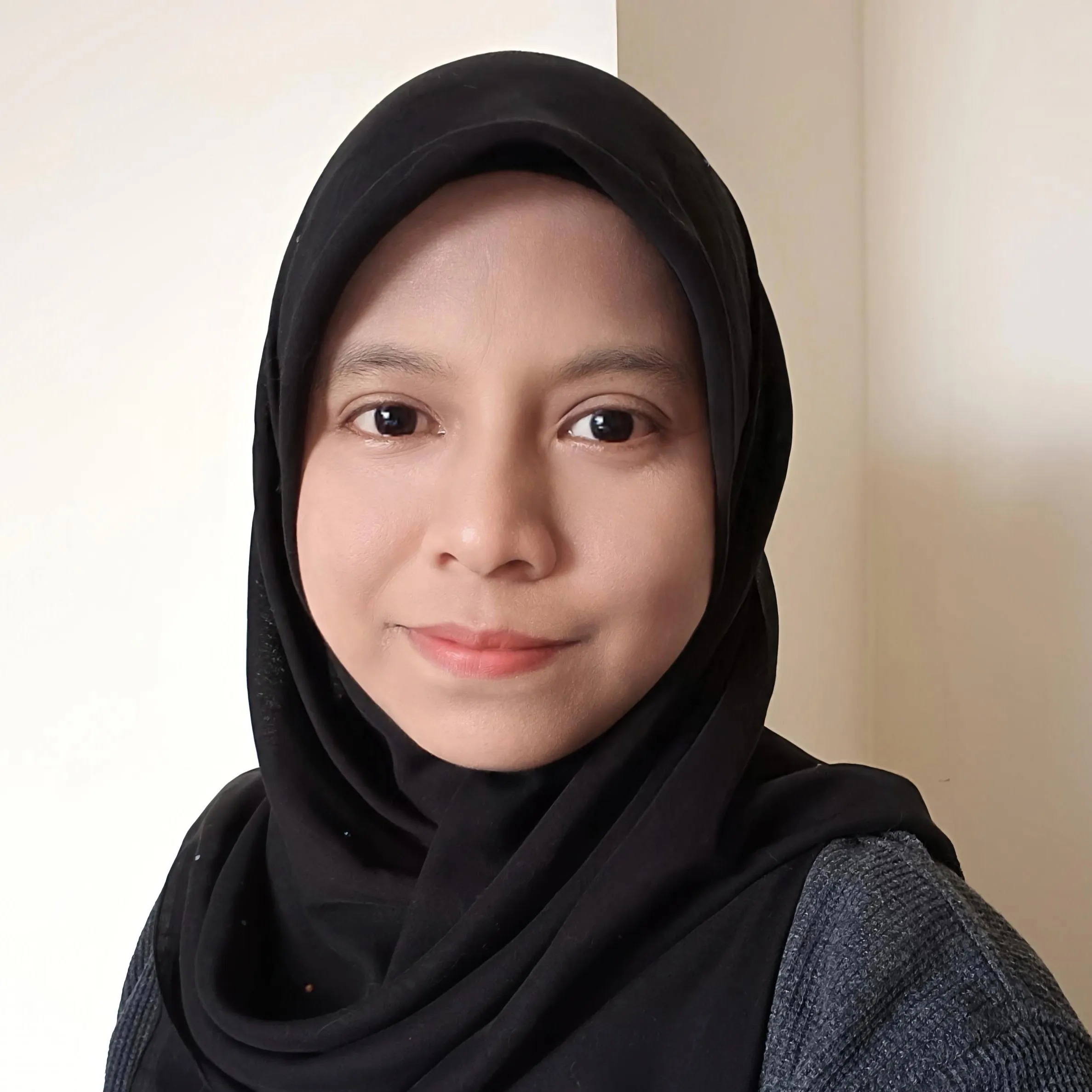
Nur Alwanie Iberahim

Nur Alwanie Iberahim
Alwanie has experience in administrative and coordination roles within non-profit and sustainability-focused organisations. She holds a Bachelor of Science in Geology from Universiti Kebangsaan Malaysia, and began her career as a geologist in the mining and oil and gas industries, specialising in exploration and geo-technical mapping.
After several years in the geoscience field, she transitioned into organisational support roles, where she has managed day-to-day operations, facilitated cross-team collaboration, and stakeholders’ engagement.
She has a growing passion for responsible land use and environmental stewardship and is committed to supporting initiatives that advance sustainable development and conservation.
Alwanie is based in Kuala Lumpur, Malaysia, and speaks English and Malaysia Bahasa.
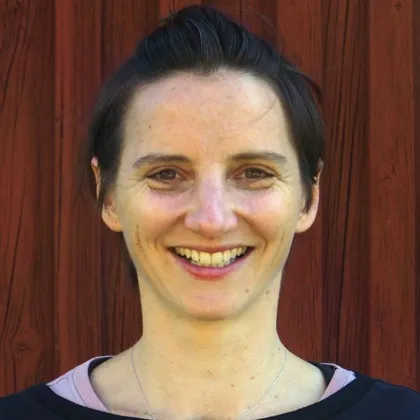
Olivia Scholtz

Olivia Scholtz
Olivia joined the HCV Network after many years of managing landscape-level conservation projects mostly in Africa, but also in South America and Australia. She is an expert in wildlife protection and monitoring and brought these skills to recent HCV assessments she contributed to in Central Africa. Before formally joining the Secretariat team, Olivia supported the HCV Network with HCV-HCSA assessment training for Licensed Assessors and as an independent member of the Quality Panel. Olivia has a Masters and PhD in Tropical Ecology from the Natural History Museum, Imperial College and Plymouth University. Olivia is based in France and speaks English and French.
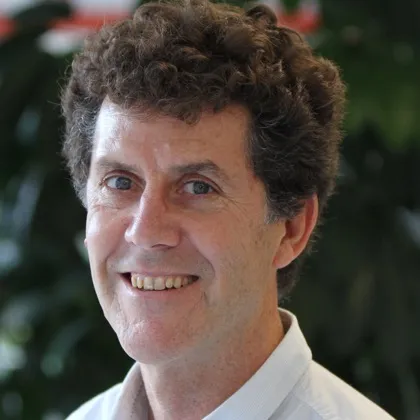
Rod Taylor

Rod Taylor
Rod is the Global Director of the Forests Program, with oversight of Global Forest Watch, the Forest Legality Initiative and the Global Restoration Initiative, at the World Resources Institute (WRI). Previously he was Director for Forests at WWF International and provided oversight of WWF’s work on forest conservation and its engagement with the private sector through the Global Forest Trade Network and the New Generation Plantations Project. He was the Editor in Chief of WWF’s ‘Forests for a Living Planet’ series. For several years he worked as a forest policy advisor in Indonesia, Papua New Guinea and the Solomon Islands. He began his career as a lawyer in Australia and has a Master’s Degree in Environmental Law from the Australian National University. Rod is a Legal Director of the Network since 2015.
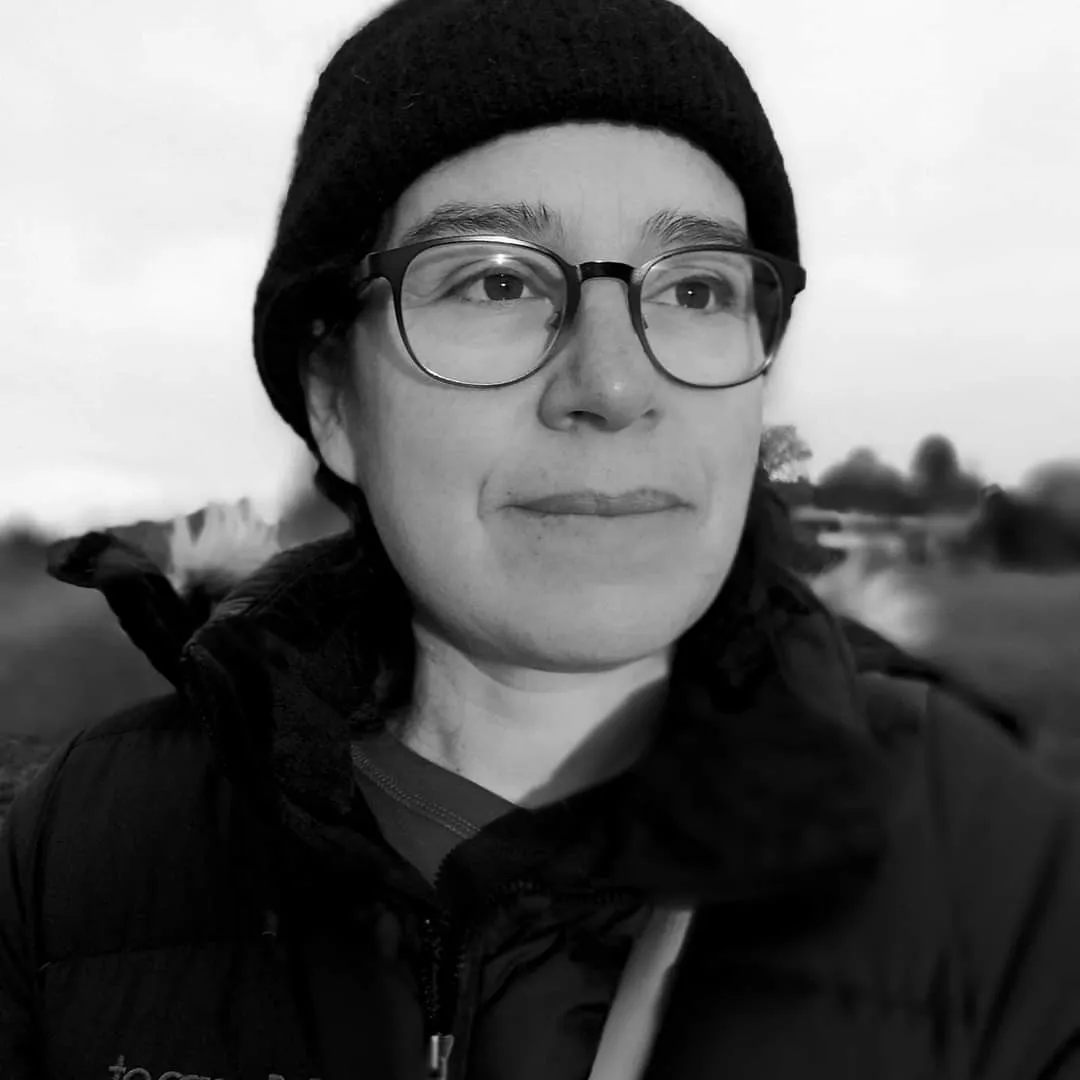
Ruth Silva

Ruth Silva
Ruth is an anthropologist with more than 20 years of experience in sustainable development and conservation in Latin America and the Caribbean, particularly in Bolivia, Colombia, Ecuador and Peru. She has worked for WWF and OXFAM GB on implementing projects and programmes focused on forest governance, FSC certification, sustainable livelihoods, natural resources management, community development, and equitable alliances between communities and the private sector. With WWF, she supported community forest certification, the implementation of the stepwise approach to certification, and the development of the national standards for Brazil Nut Certification in Peru. She has also worked with Rainforest Alliance in several assessments and peer reviews under the FSC standard. Ruth graduated from the Pontificia Universidad Catolica del Peru. She is based in the UK and speaks English and Spanish.
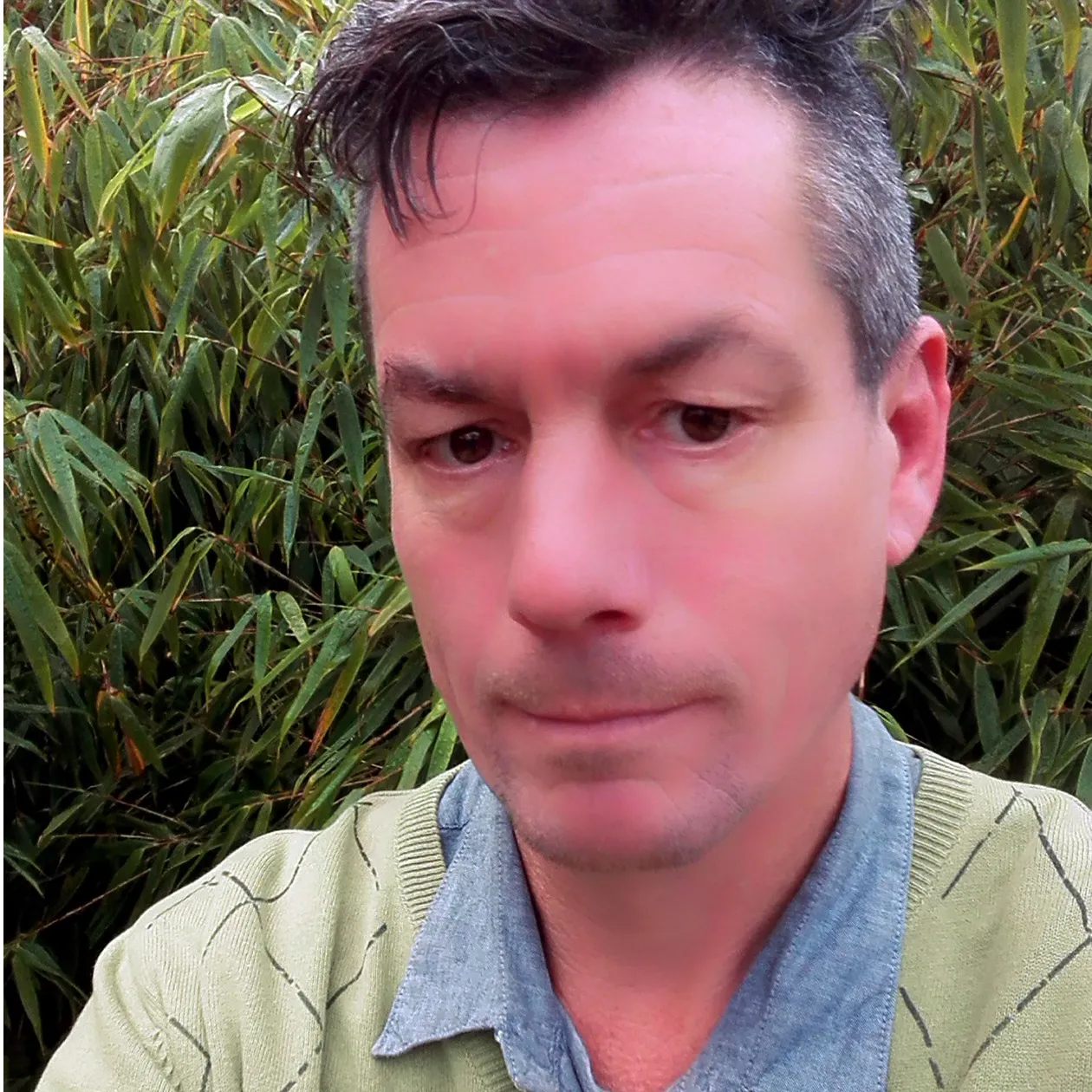
Stephan Wulffraat

Stephan Wulffraat
Stephan has been dedicated to nature conservation from an early age on. While still being a student, he participated in conservation projects in the Netherlands, Ireland, Indonesia, Malaysia, Thailand and Senegal since the 1980’s. He holds a bachelor degree in Tropical Forestry and a master degree in Landscape Ecology. He moved to Indonesia in the early 1990’s to follow his professional dedication first for a mangrove restoration project, and later on for more than 20 years as a conservation director for WWF. For several years he conducted biodiversity expeditions to remote areas in Borneo and coordinated long-term applied research at field stations. He contributed to the development of comprehensive management plans for national parks and conservation landscapes, engaging with all stakeholders and ensuring the participation of local communities. Stephan started to apply the HCV approach soon after it was initiated as a basis for environmental impact assessments and recommendations of buffer zones and plantation areas surrounded by natural forests throughout Indonesia. Stephan is based in the Netherlands and speaks English, Indonesian and Dutch.
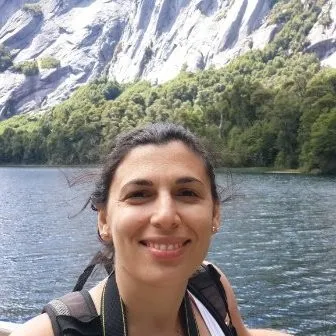
Yamila Barasch

Yamila Barasch
Yamila has a bachelor’s degree in environmental sciences. She is a GIS and Remote Sensing specialist with over 15 years of experience in environmental and land use projects. Her interest in biodiversity conservation has been the driving force of her vocation since her childhood. She participated as a remote sensing and spatial analysis specialist in various environmental projects, most of them in the public area and promoted by the United Nations System. Prior to joining the HCV Network Secretariat, Yamila was part of the implementation of the Argentinian Deforestation Early Warning System. She has solid knowledge of field-related geographic mapping and data compilation. Yamila is based in Argentina and speaks Spanish and English.

Get Involved
Our Mission as a network is to provide practical tools to conserve nature and benefit people, linking local actions with global sustainability targets.
We welcome the participation of organisations that share our vision and mission to protect and enhance High ConservationValues and the vital services they provide for people and nature. By collaborating with the Network, your organisation can contribute to safeguarding HCVs while gaining valuable insights and connections that support your sustainability goals.
We are seeking collaborative partners to help expand and enhance our work, as well as talented professionals who can join the growing Secretariat team, and for professionals who can contribute to the credible identification of High Conservation Values globally.
Join us in securing the world’s HCVs and shaping a sustainable future.

